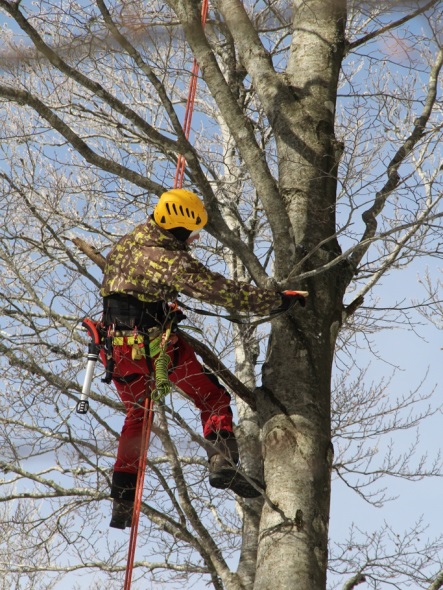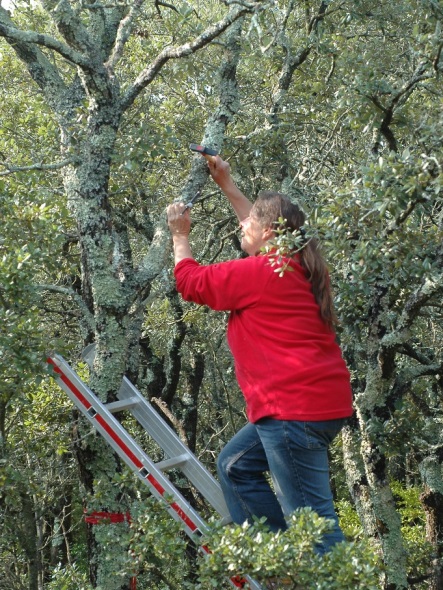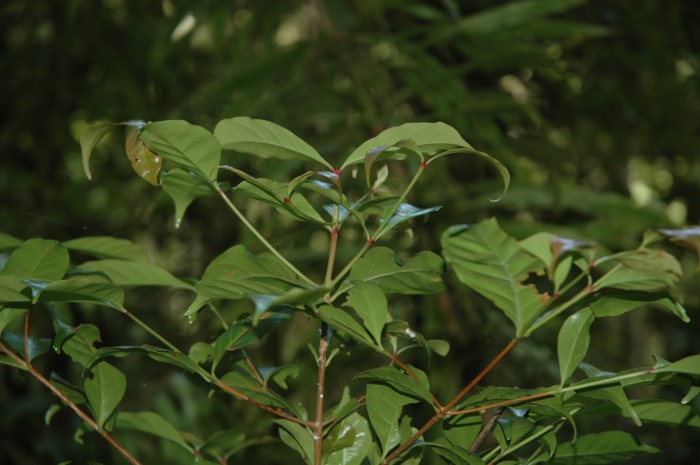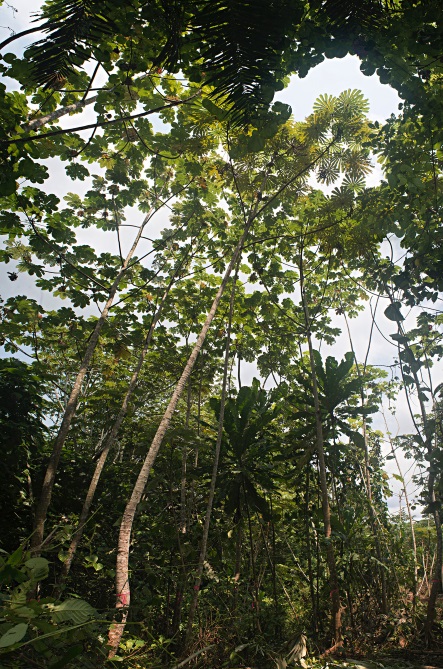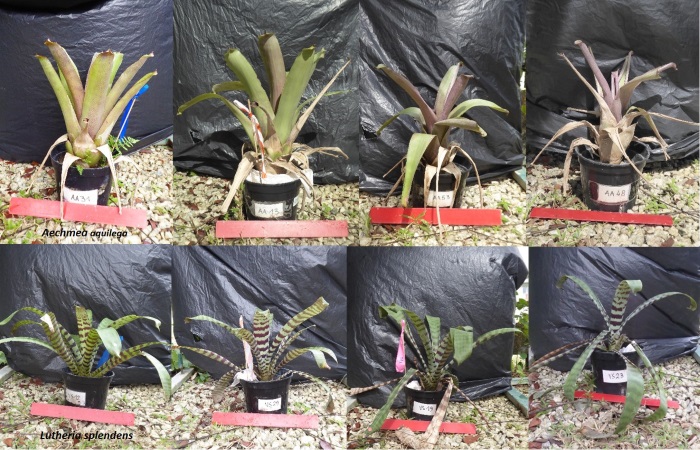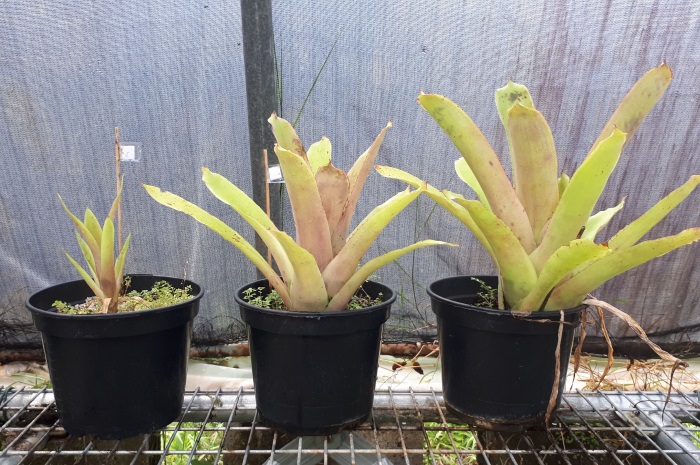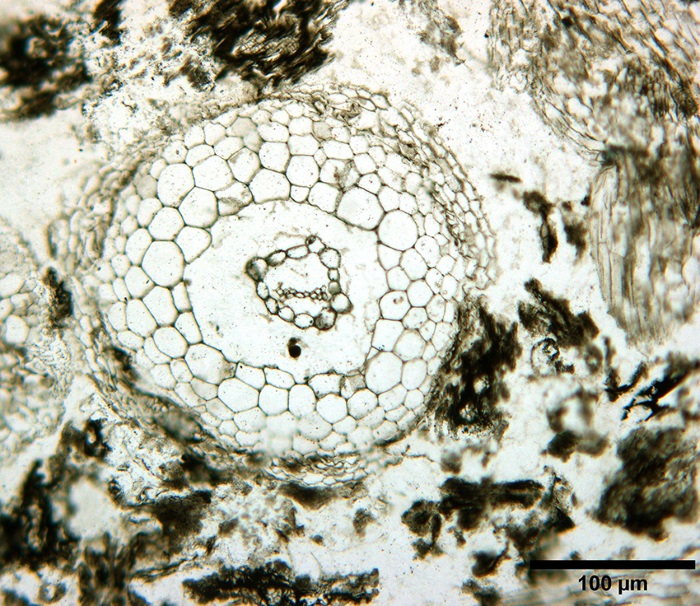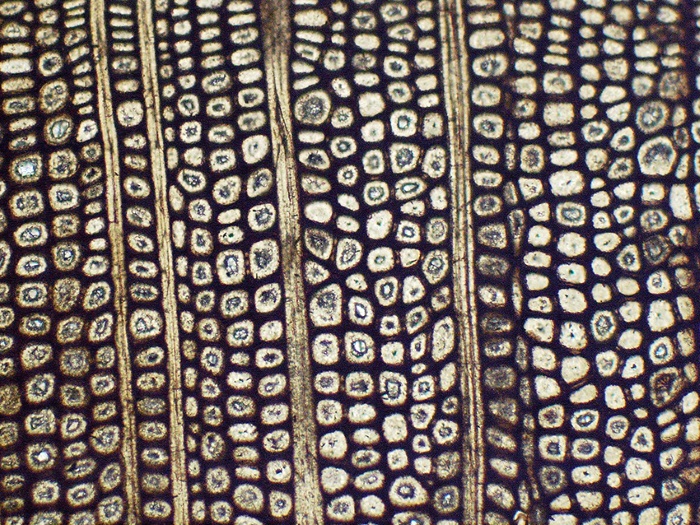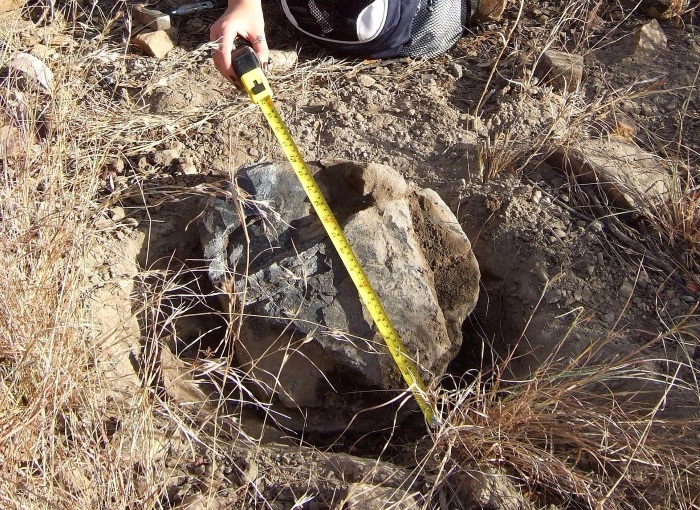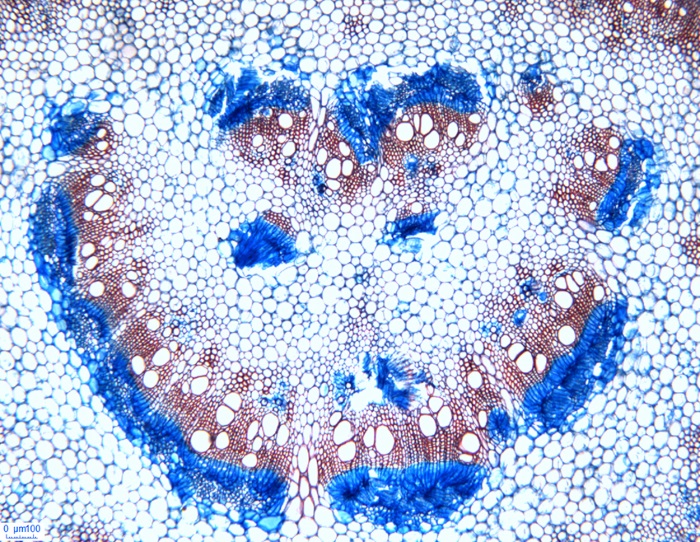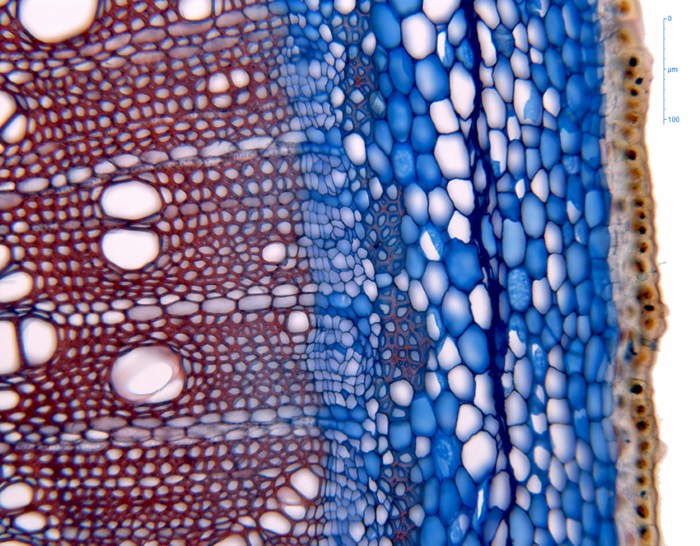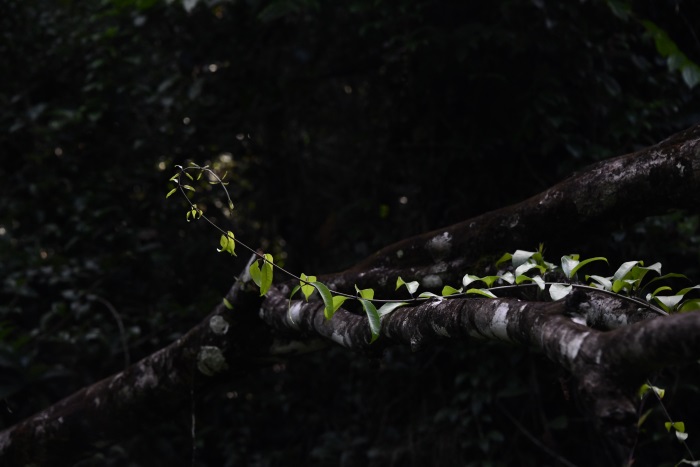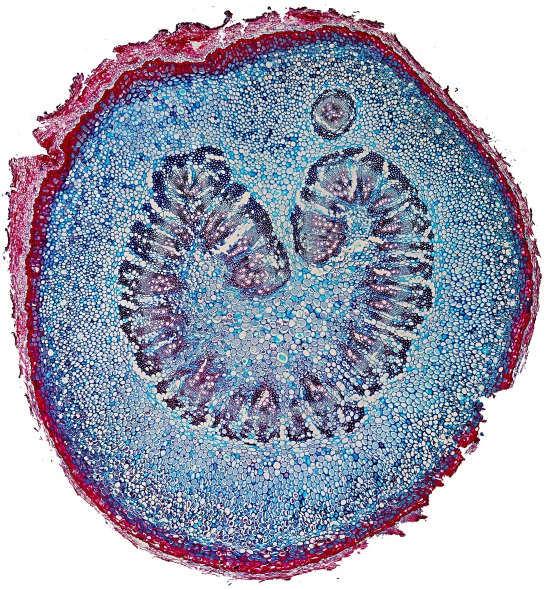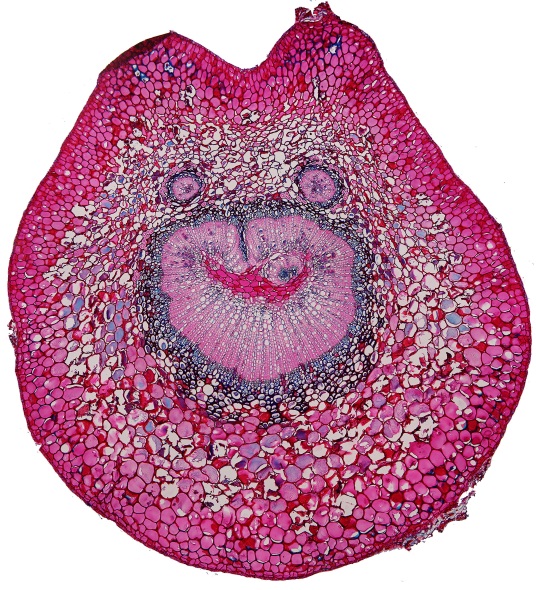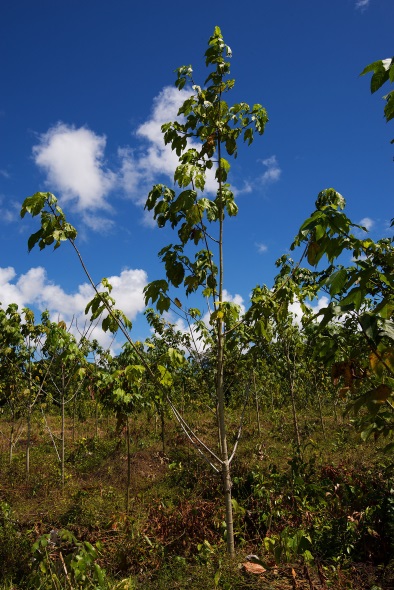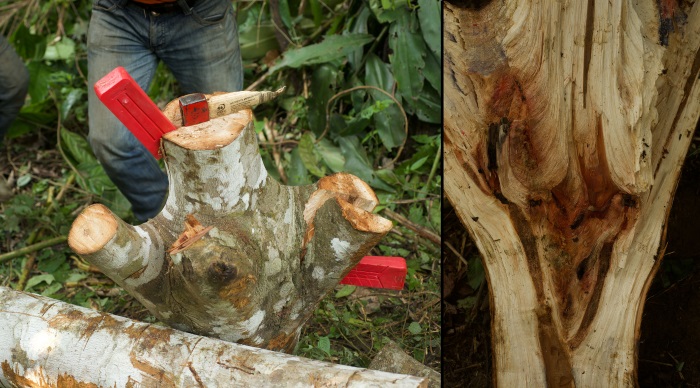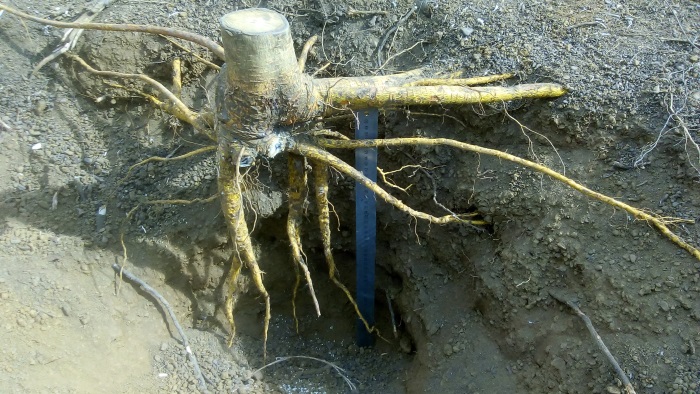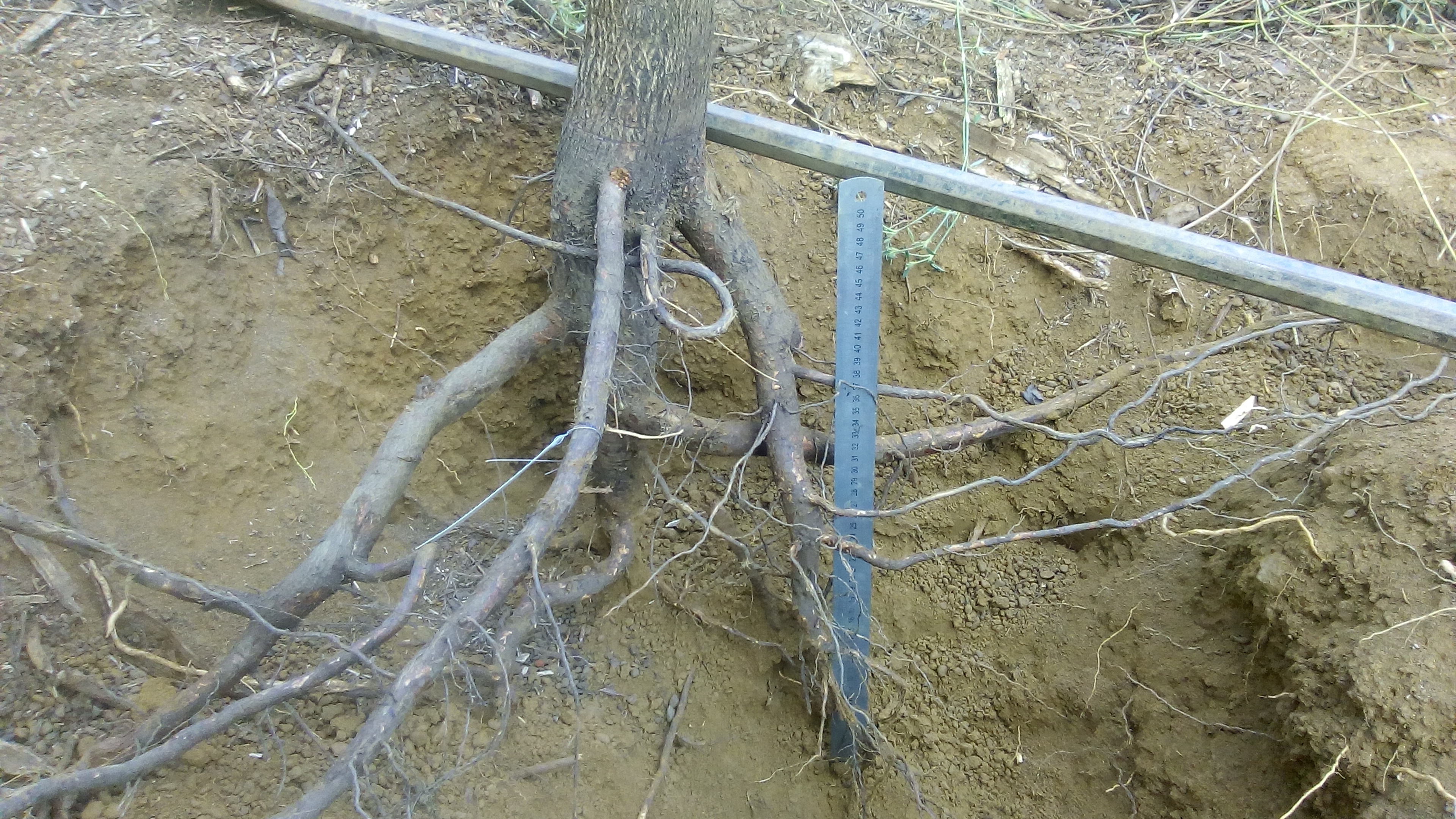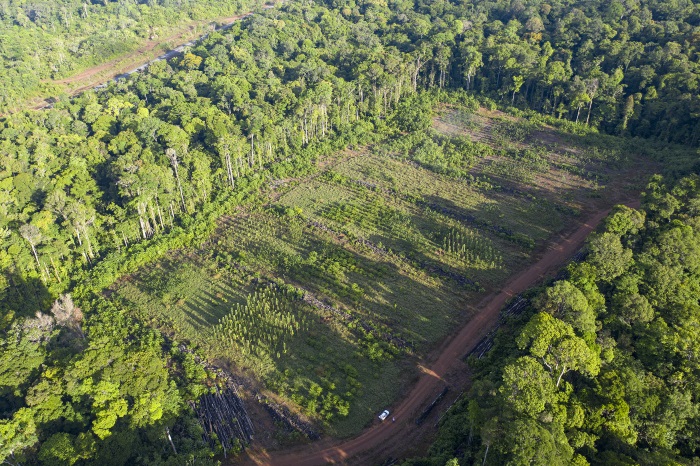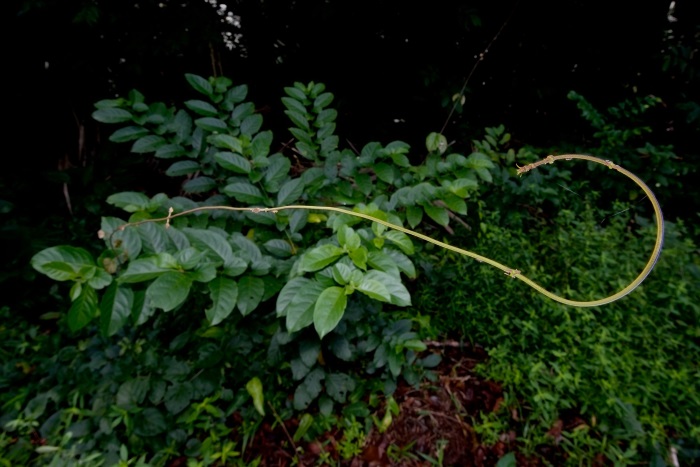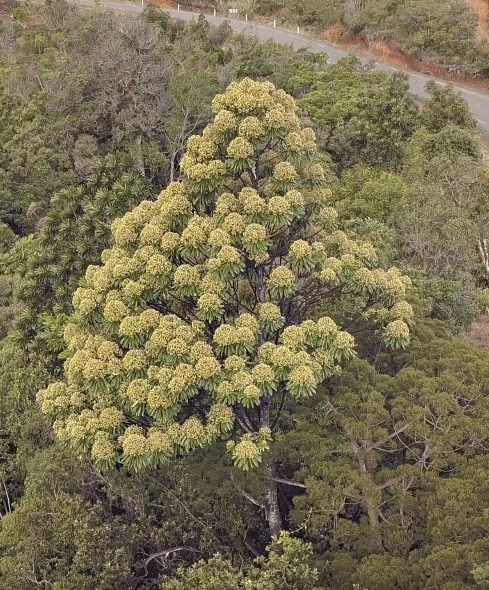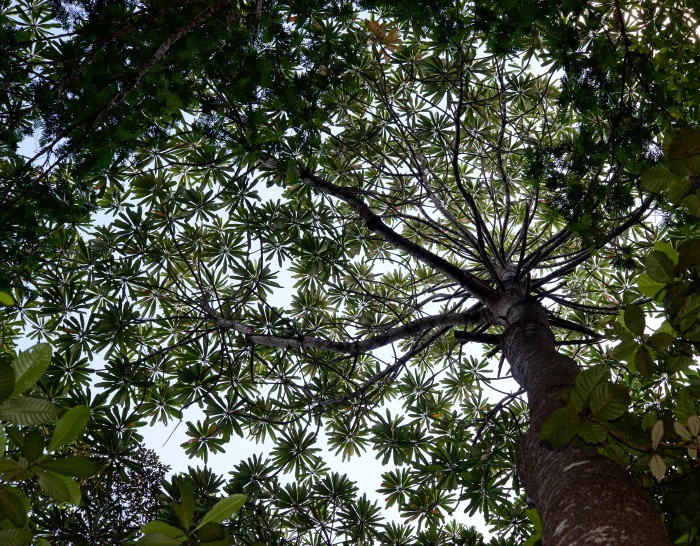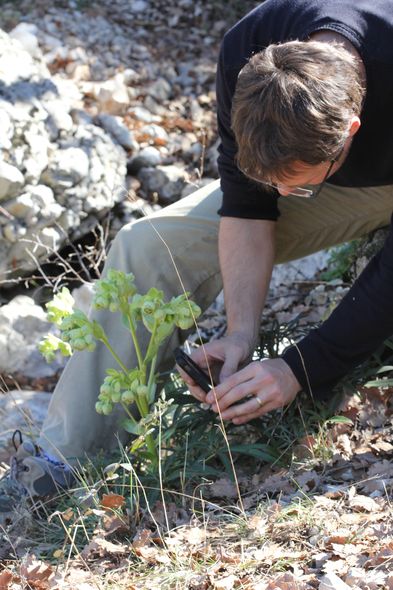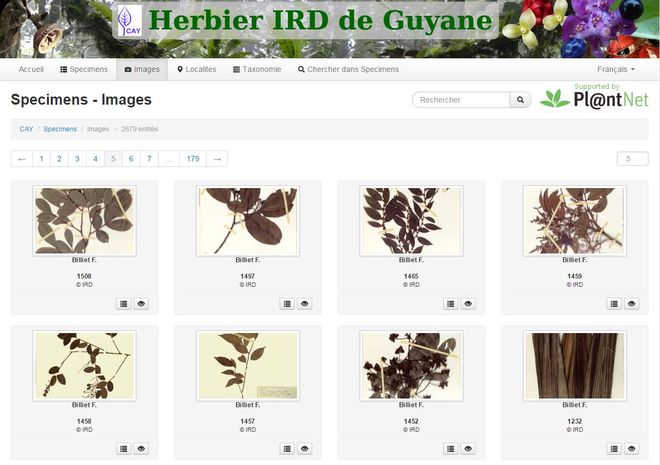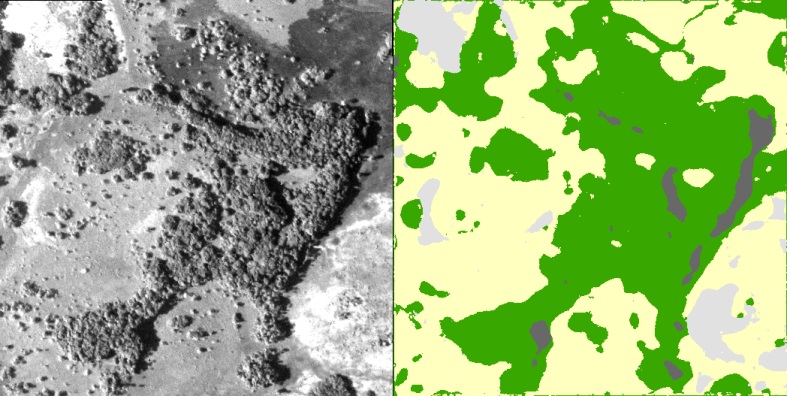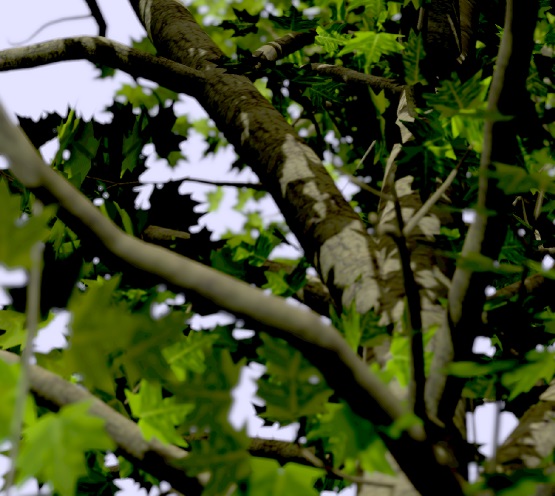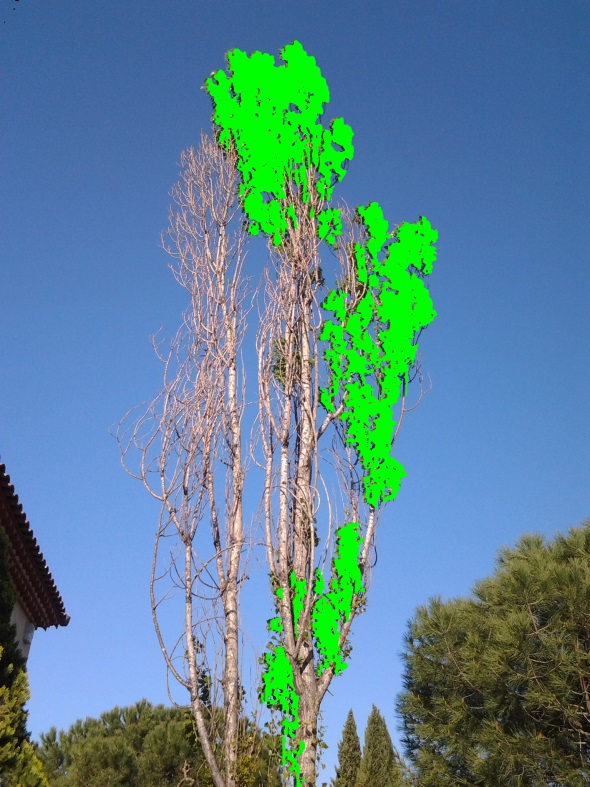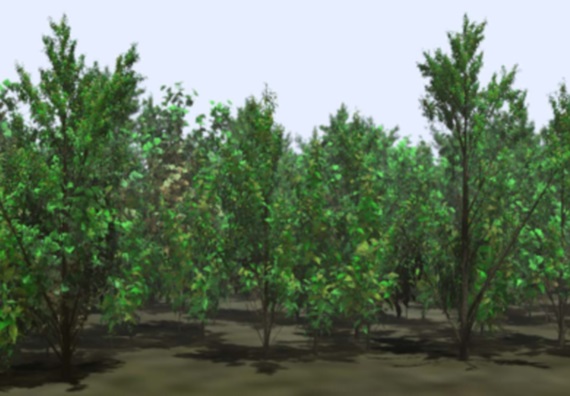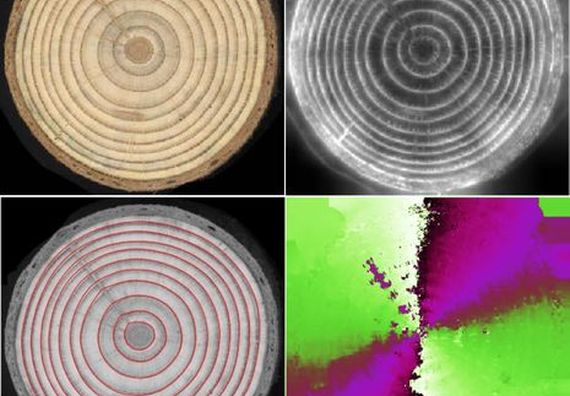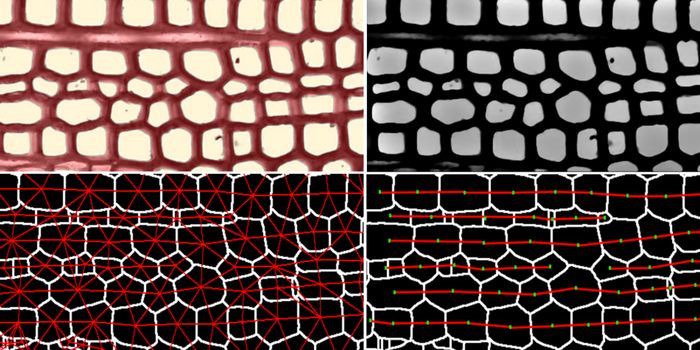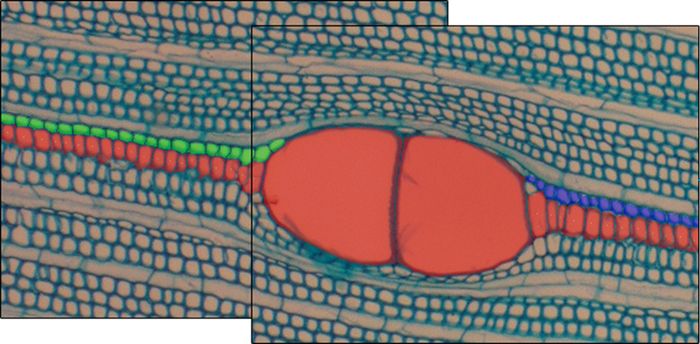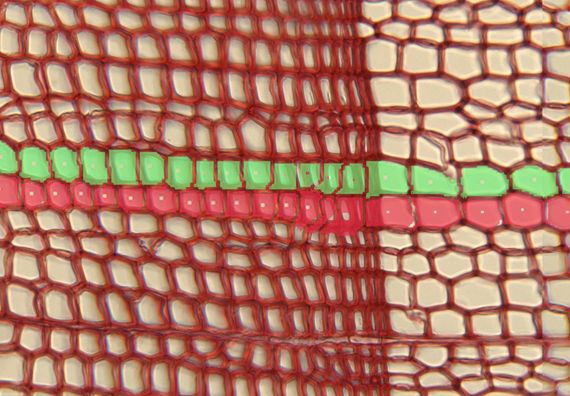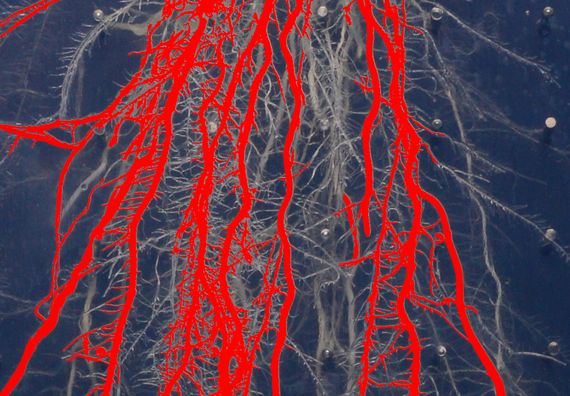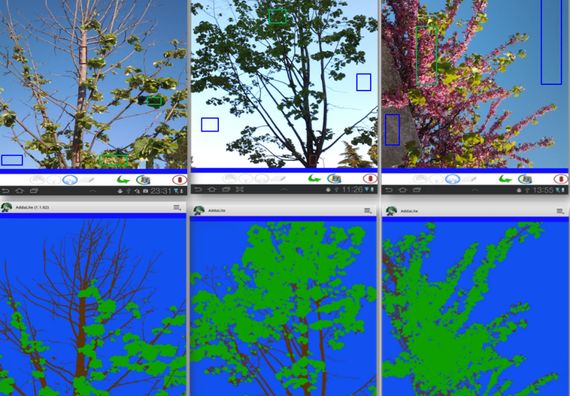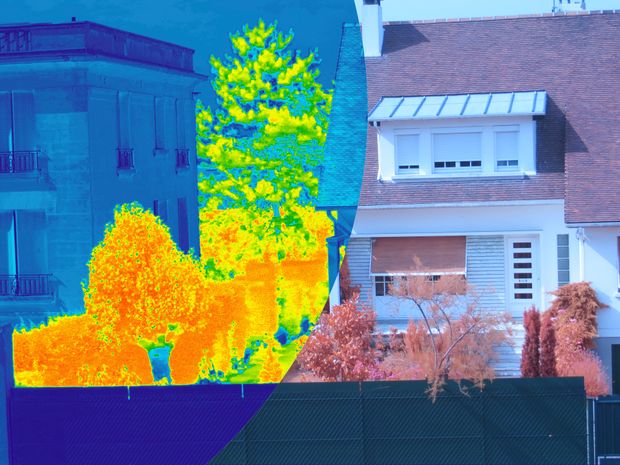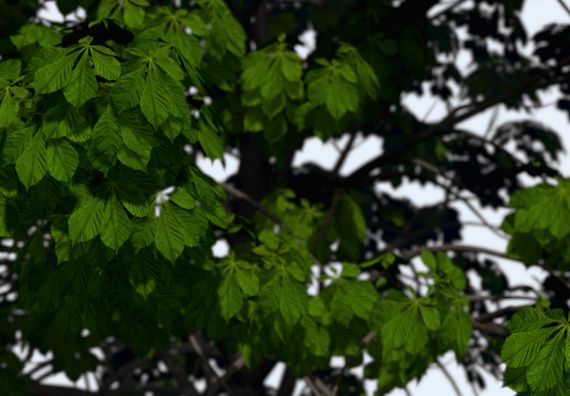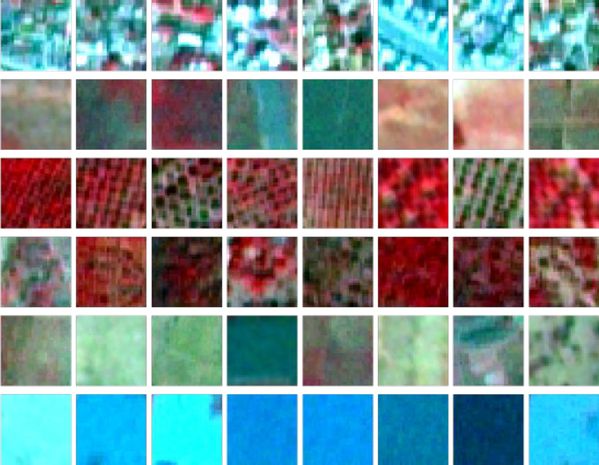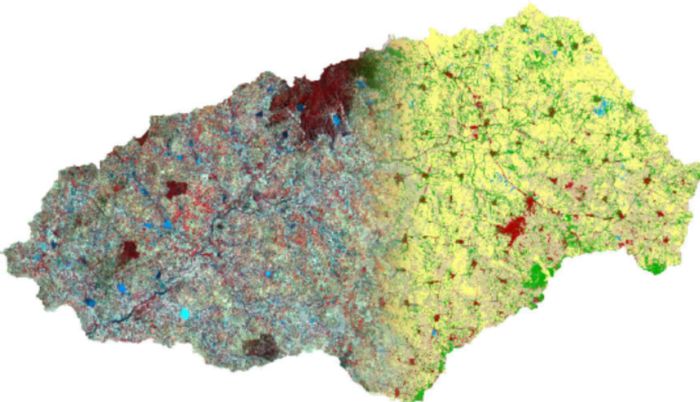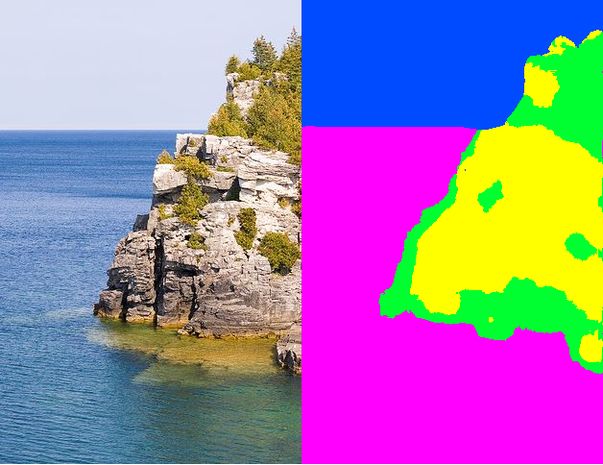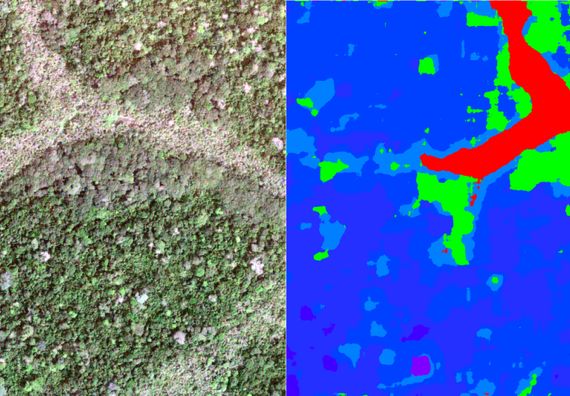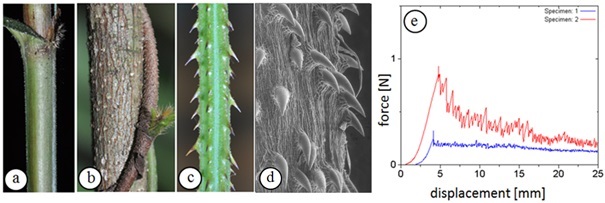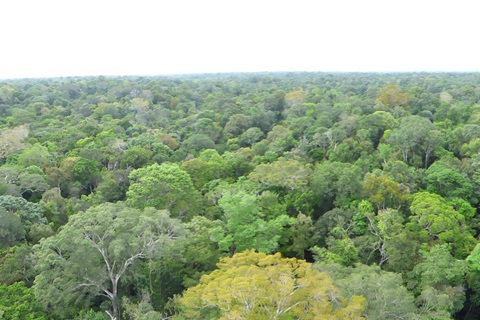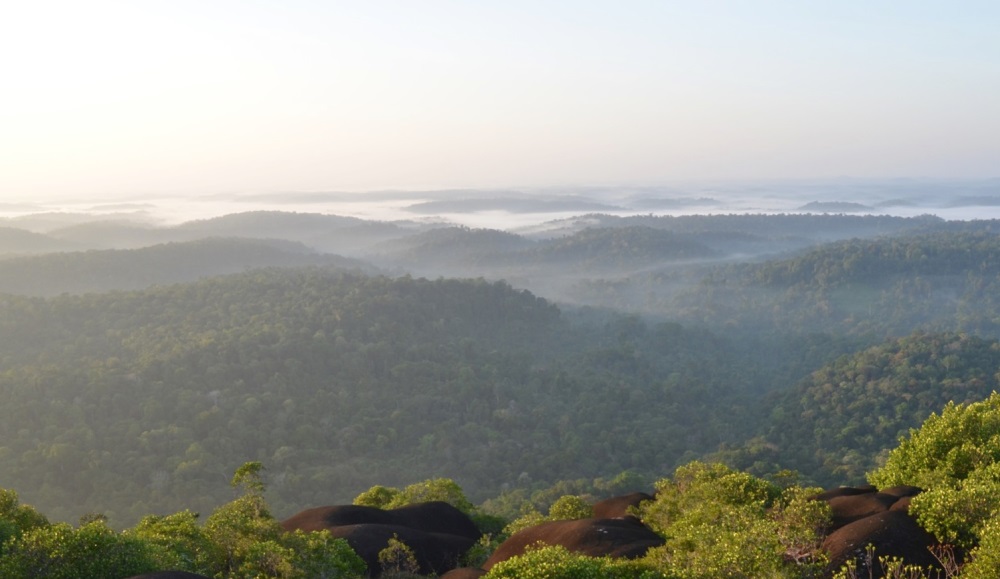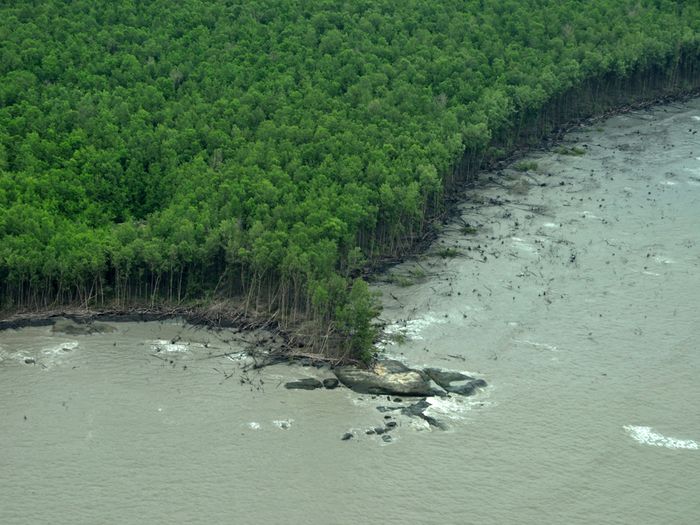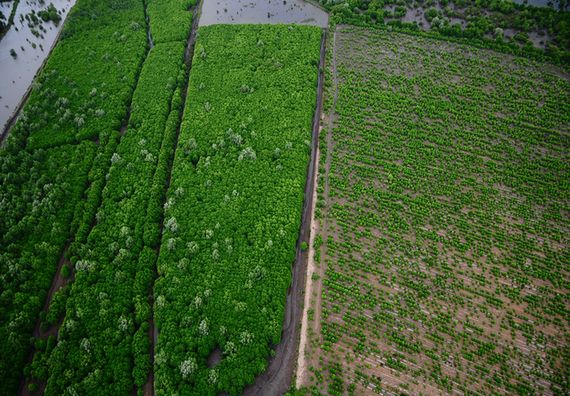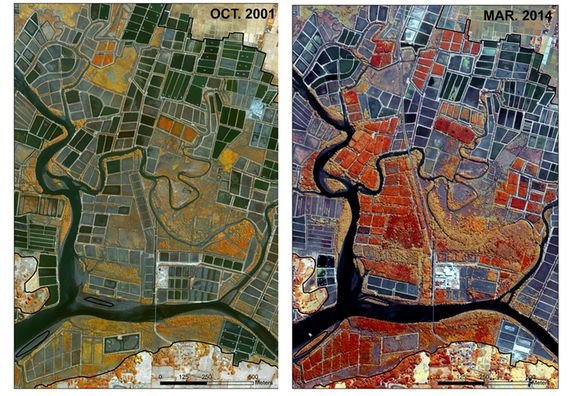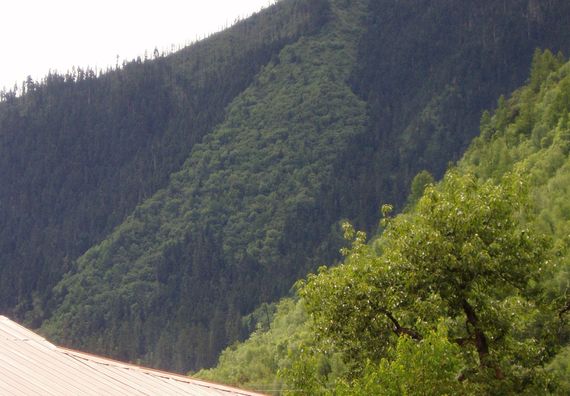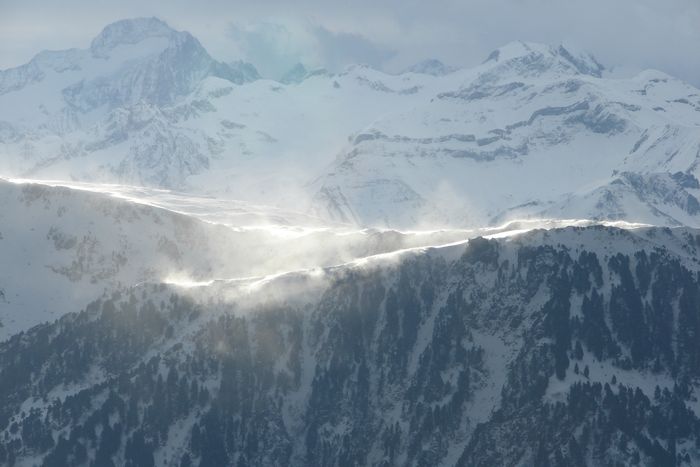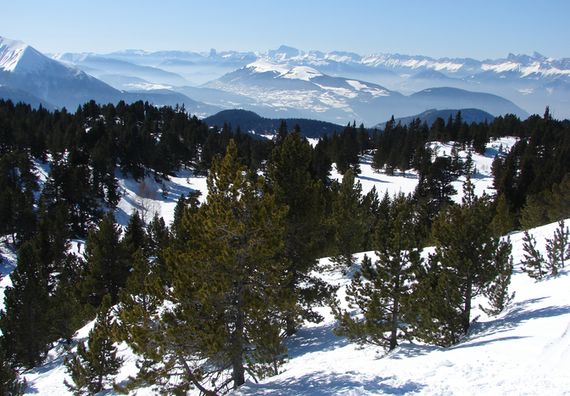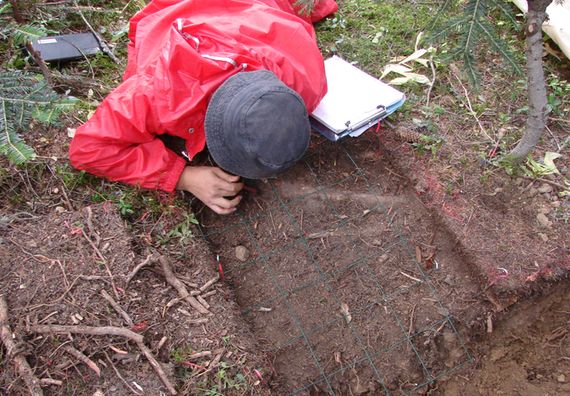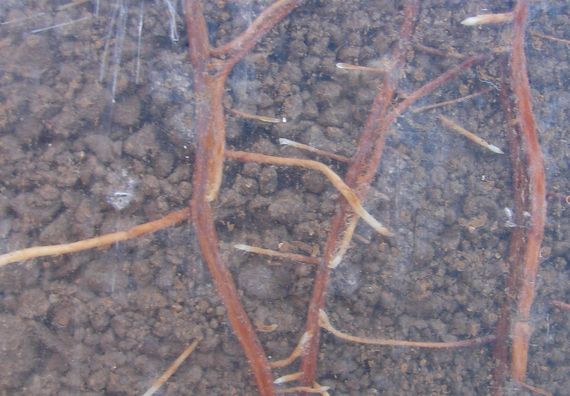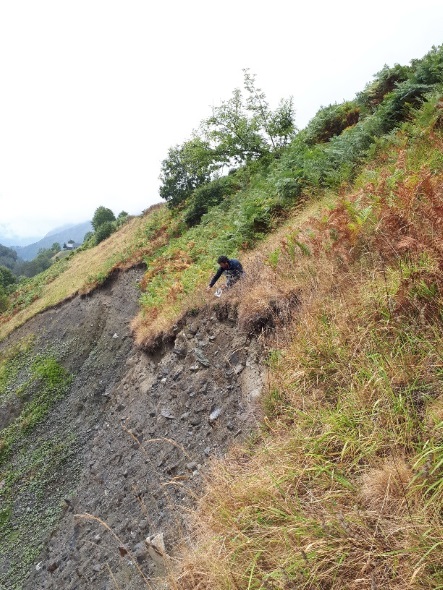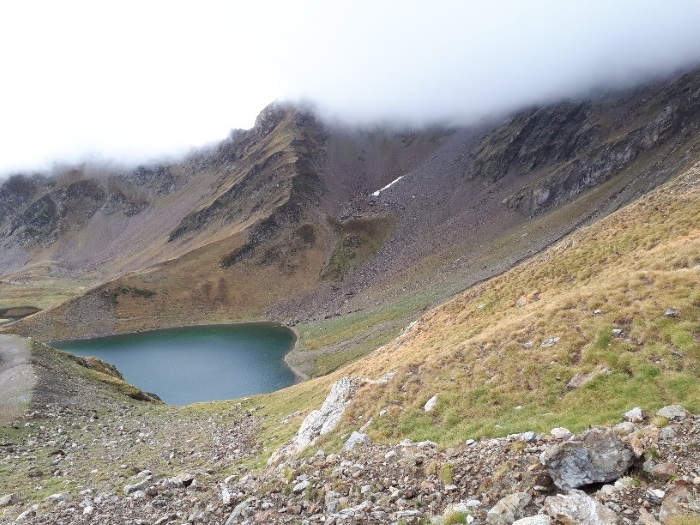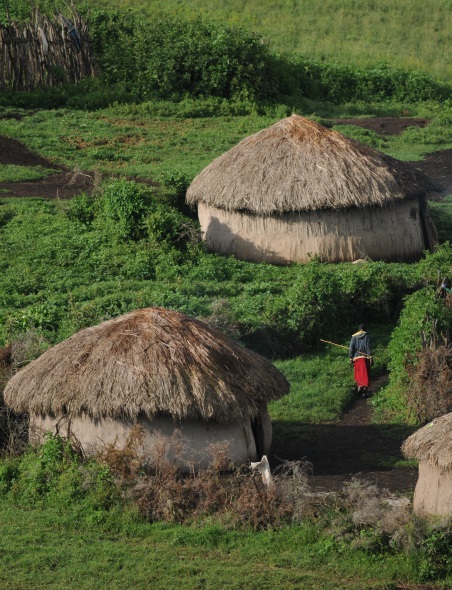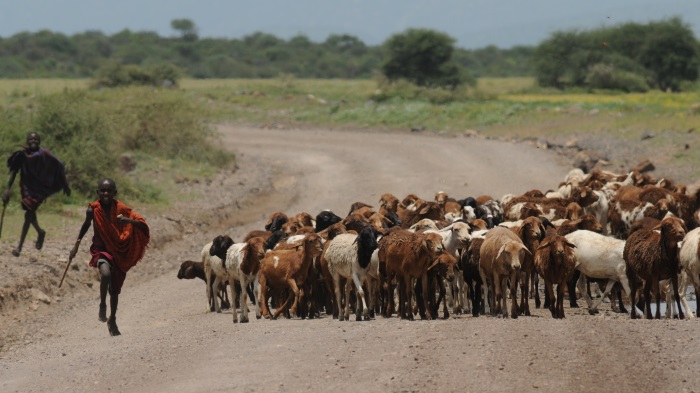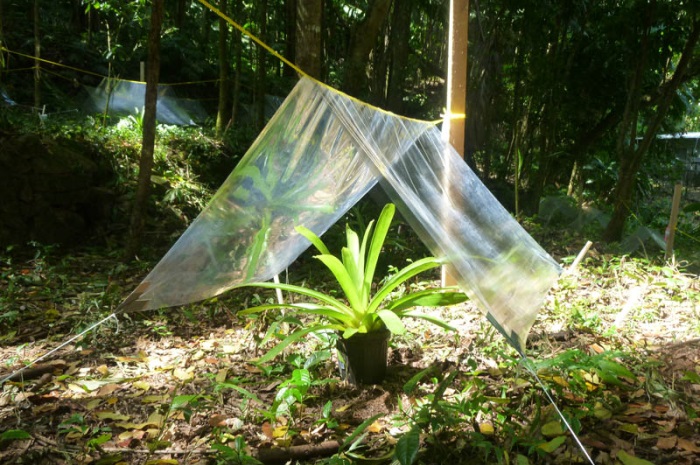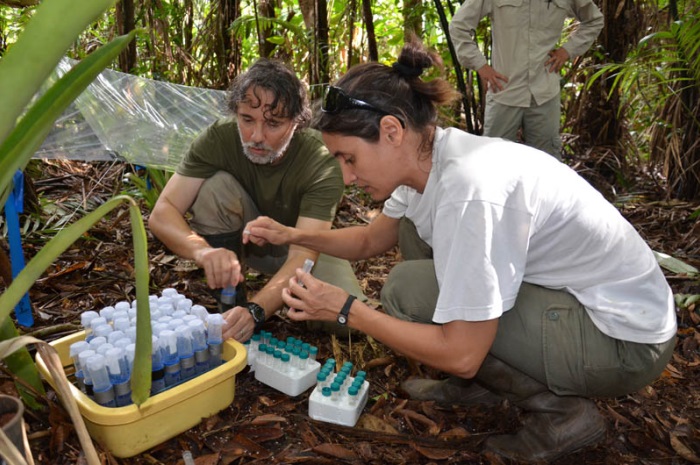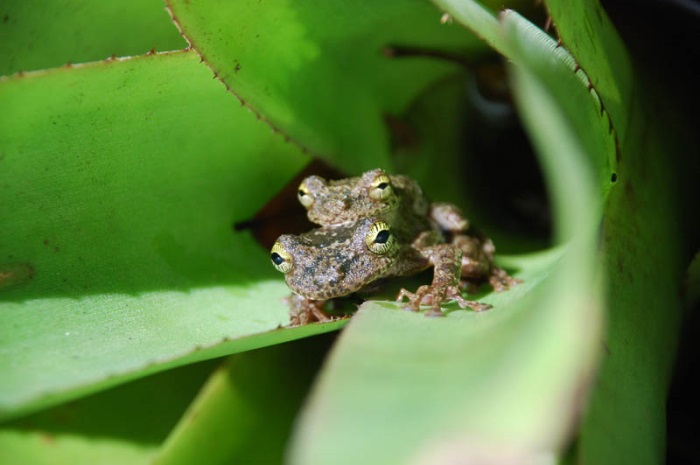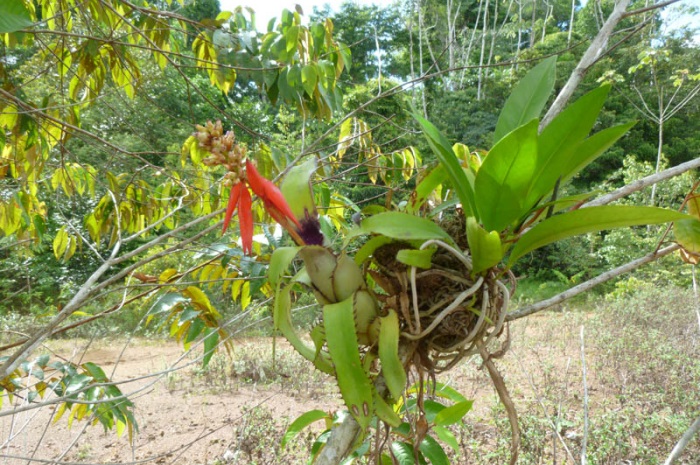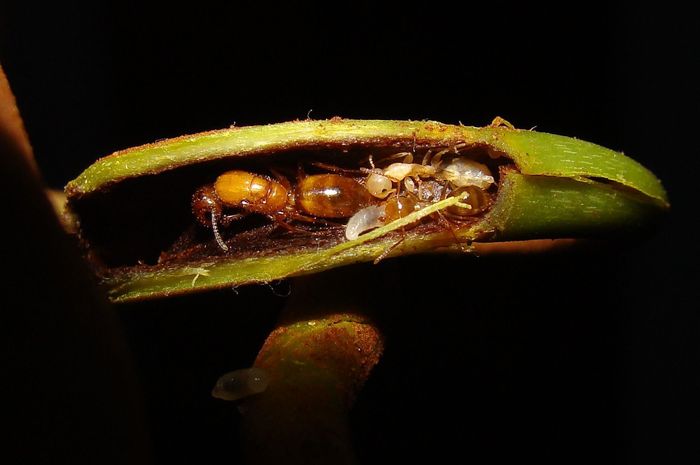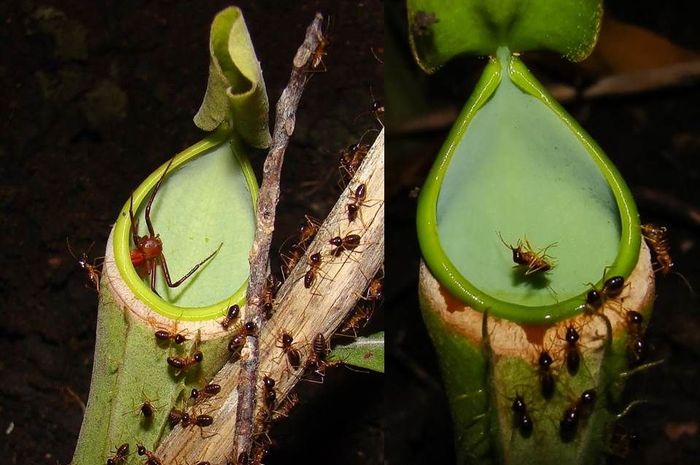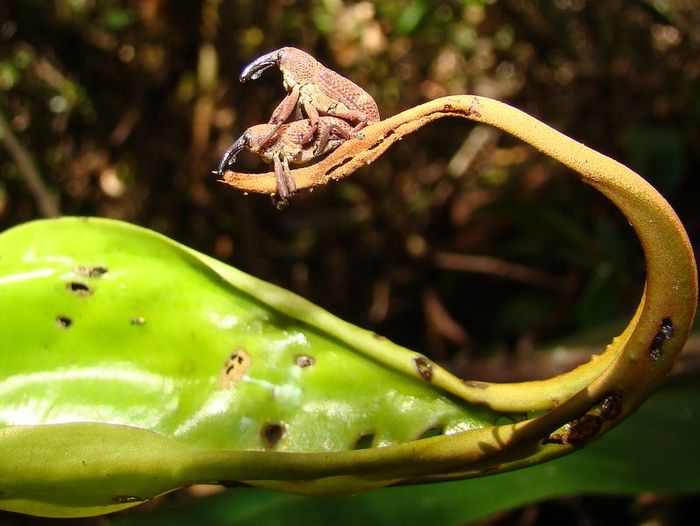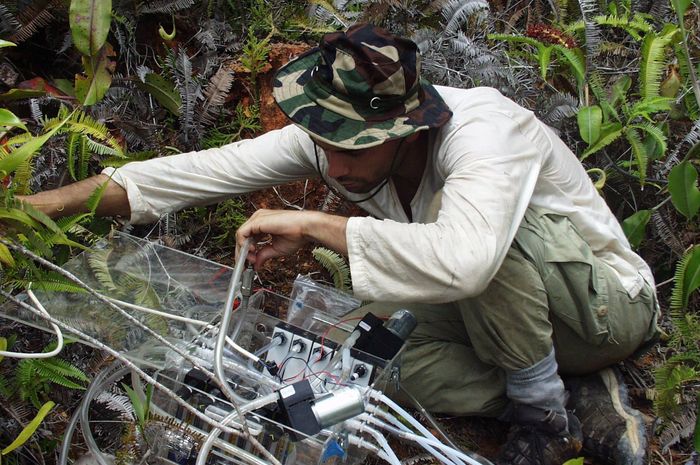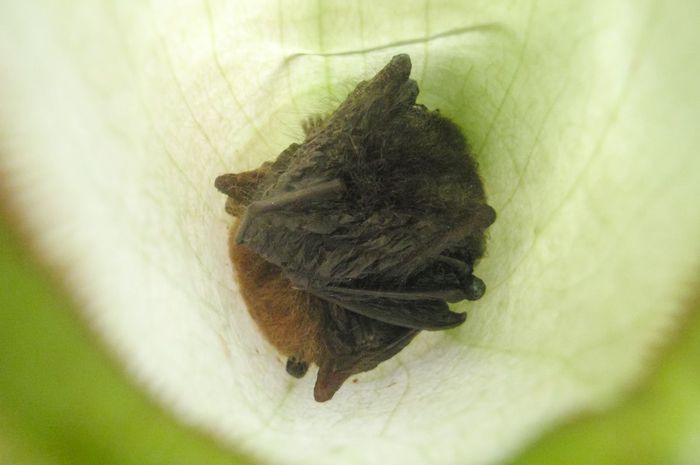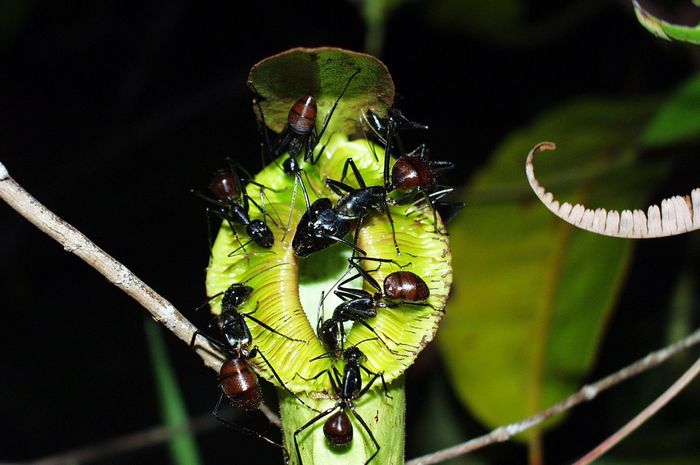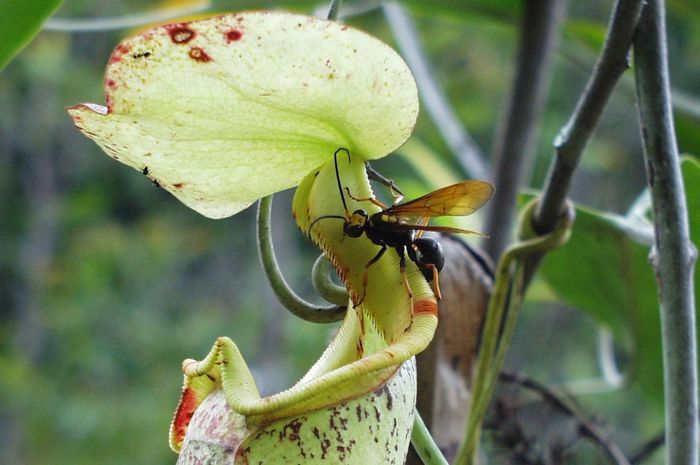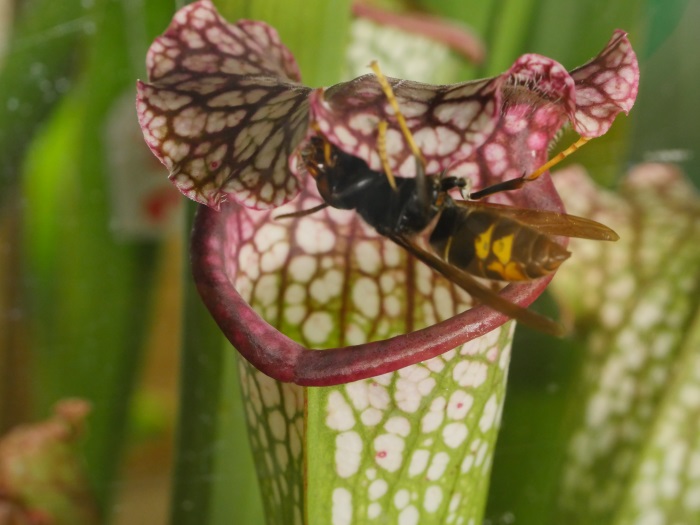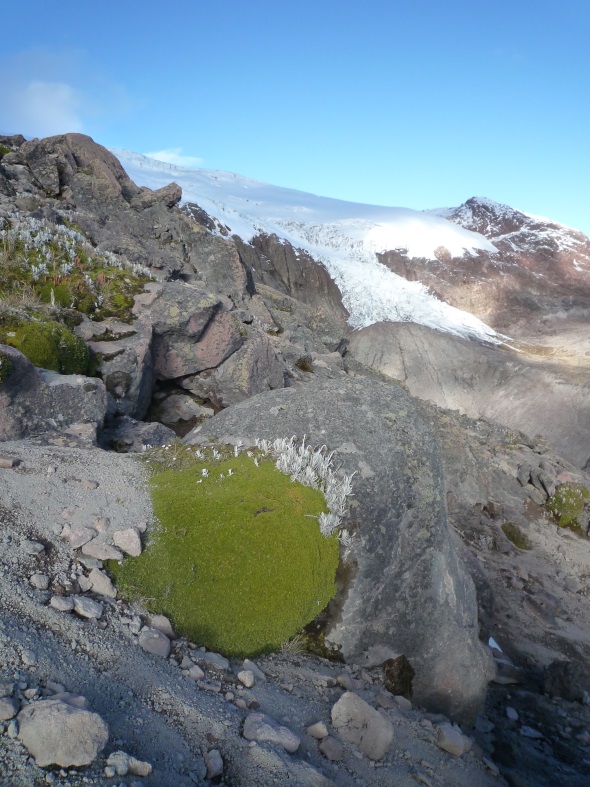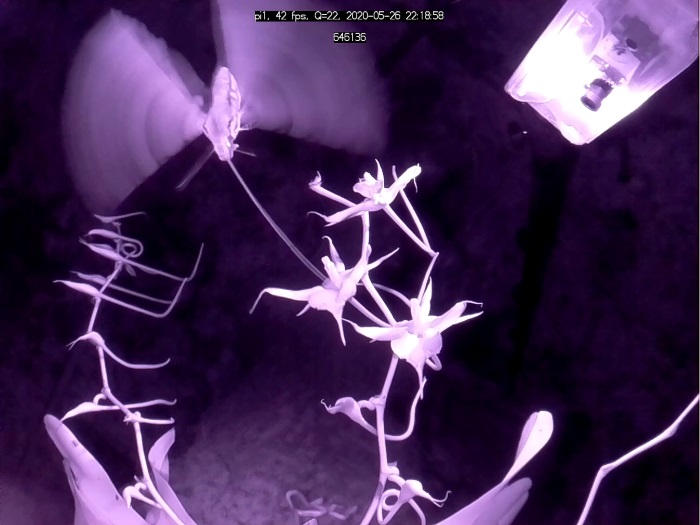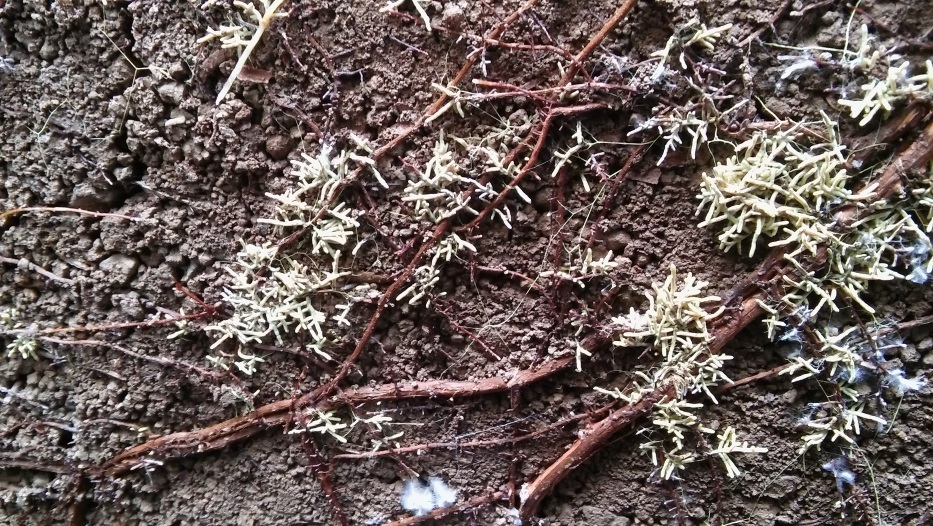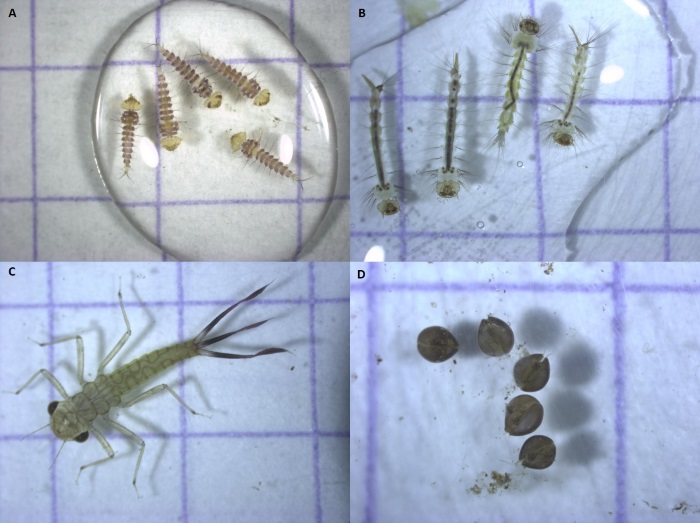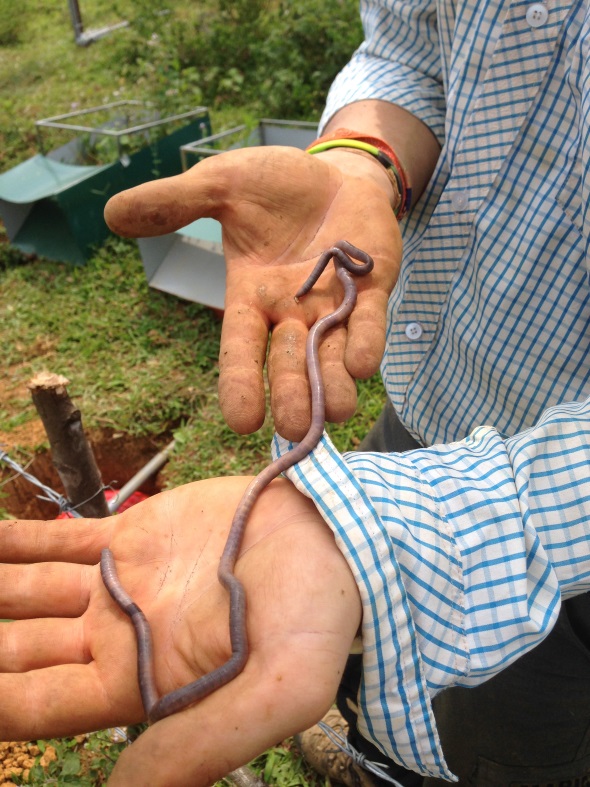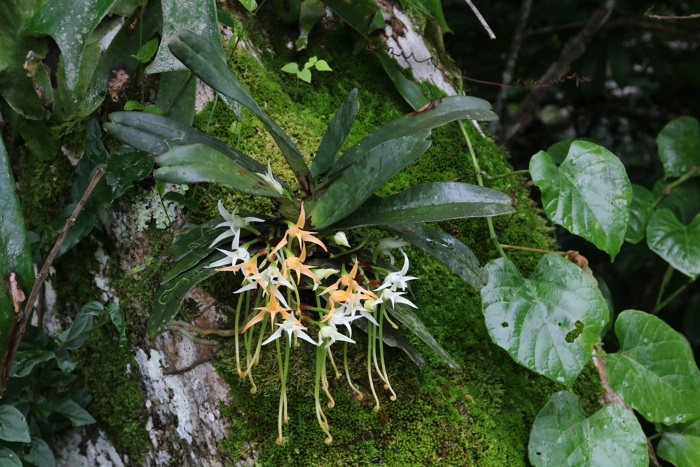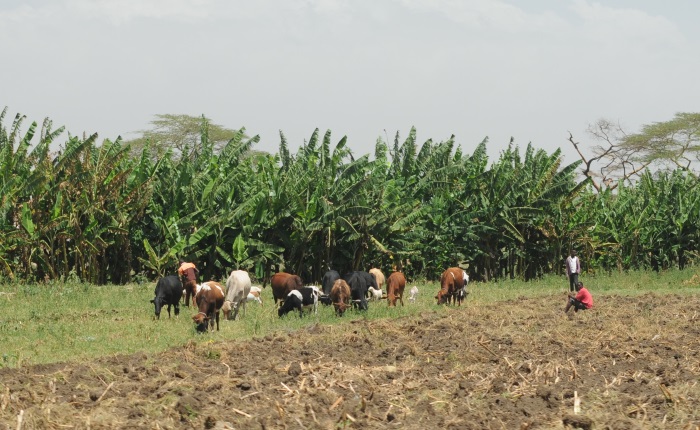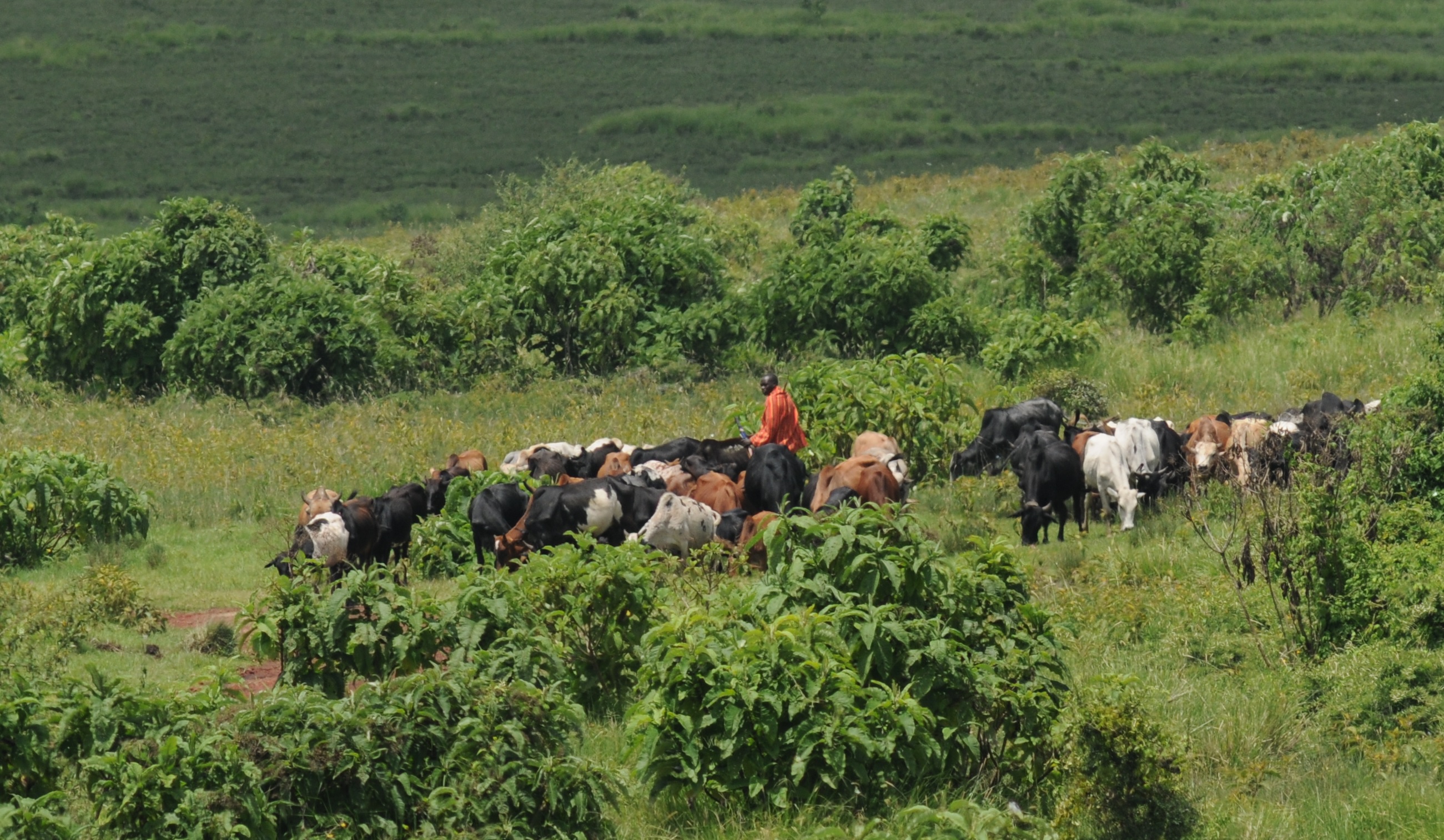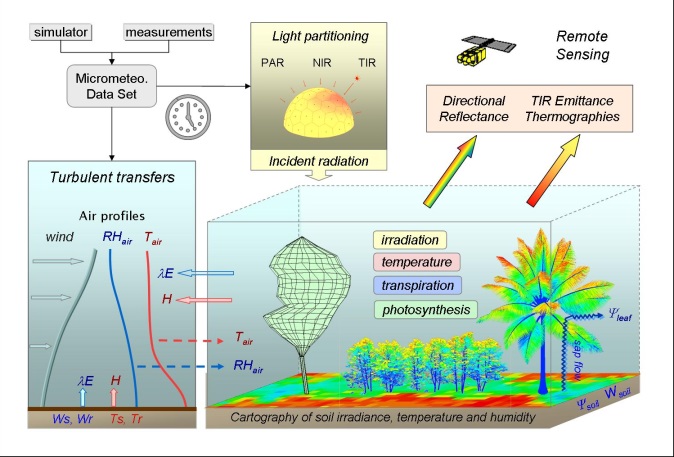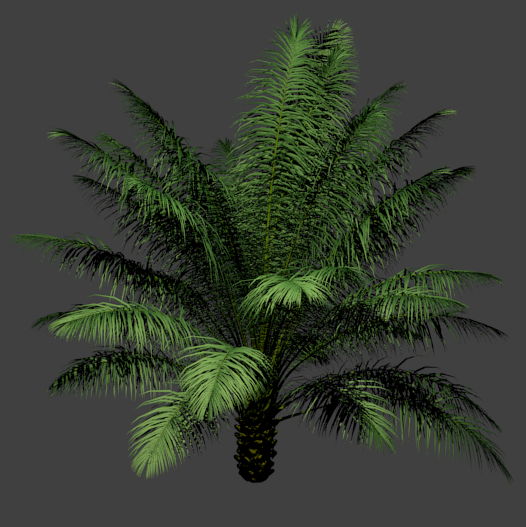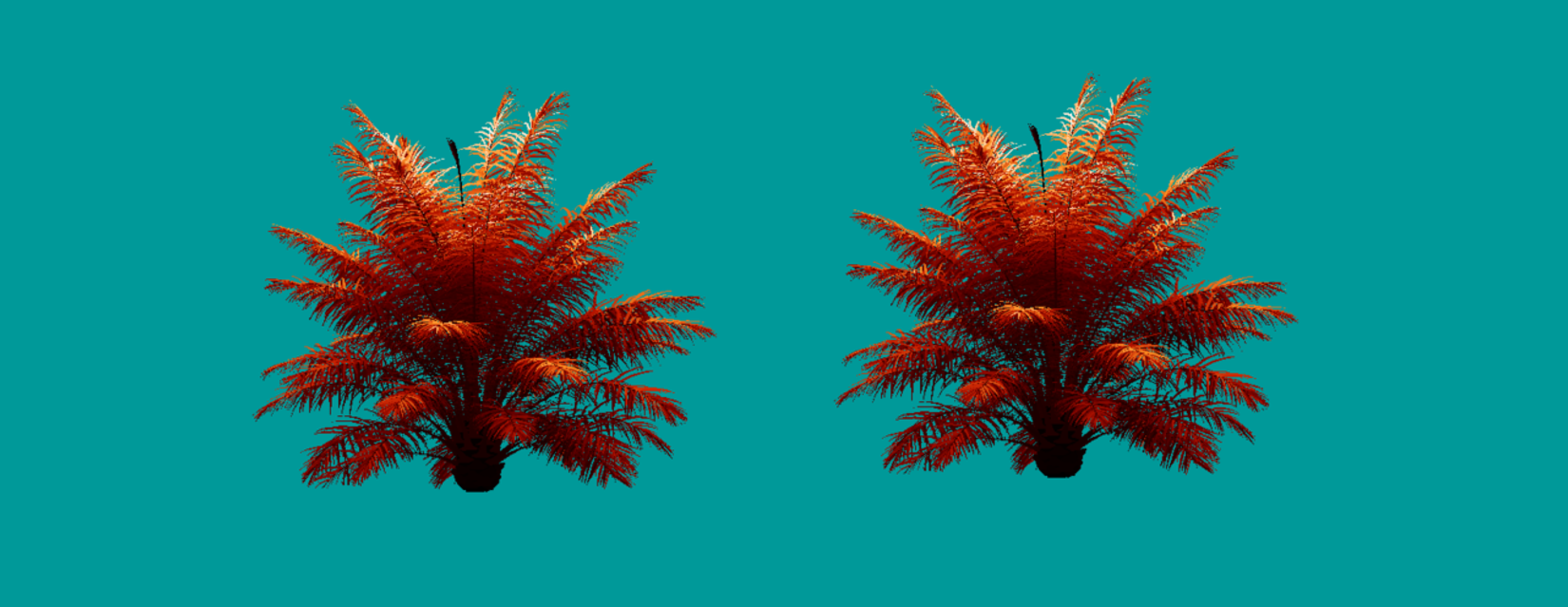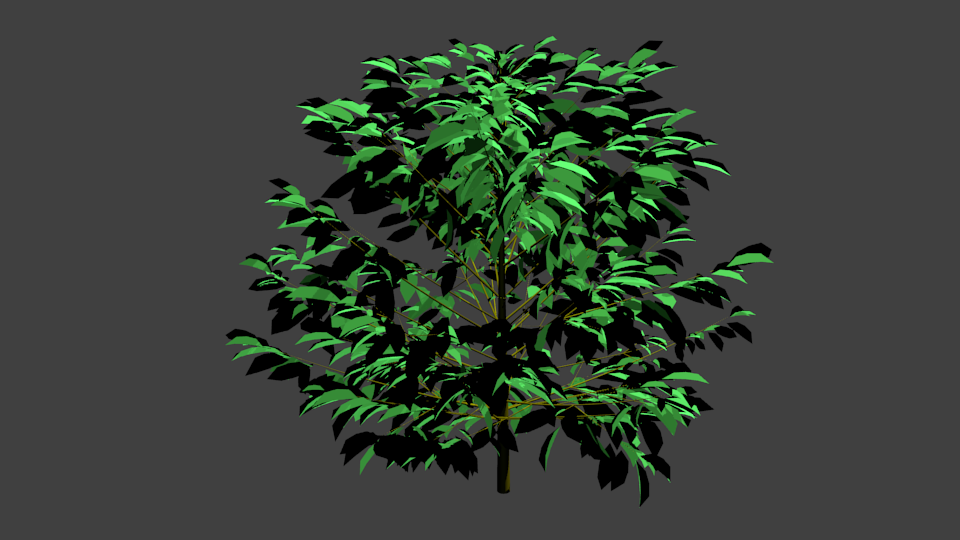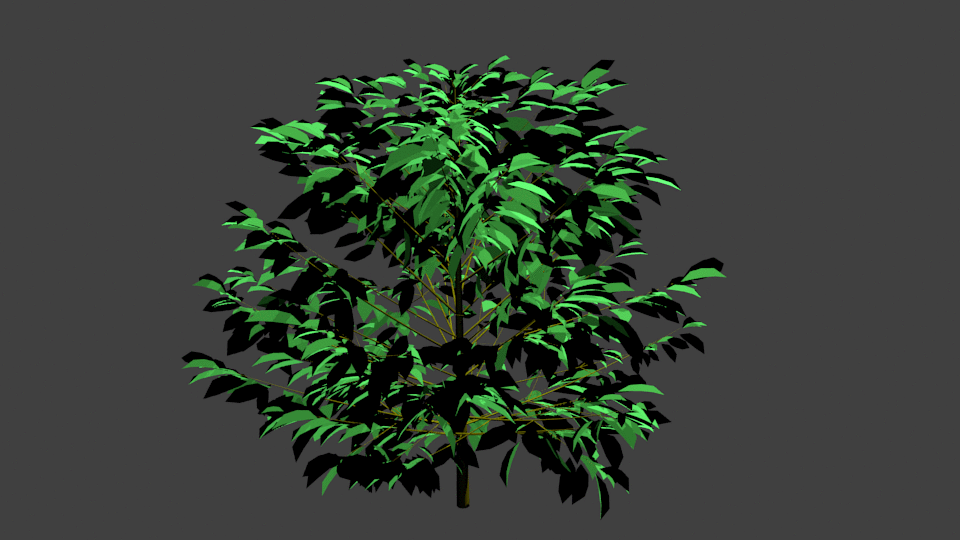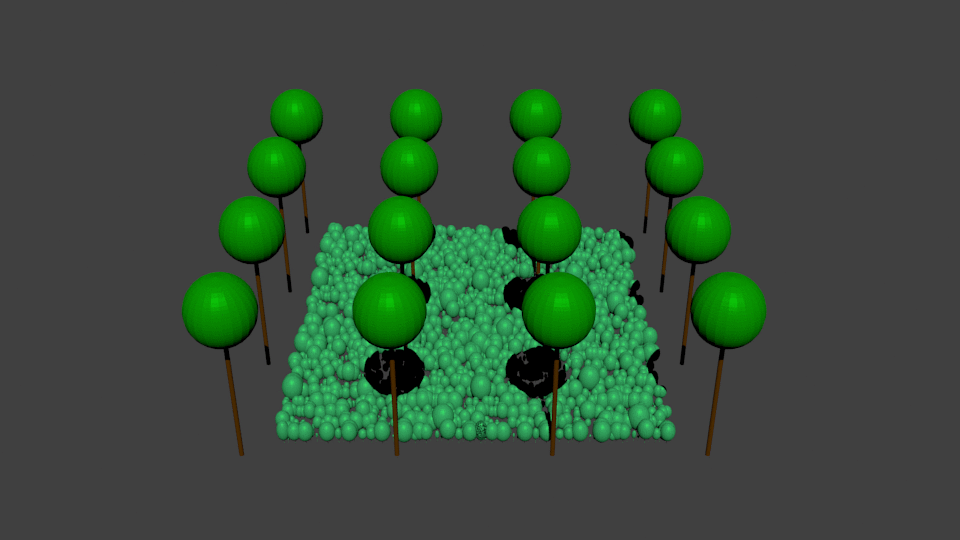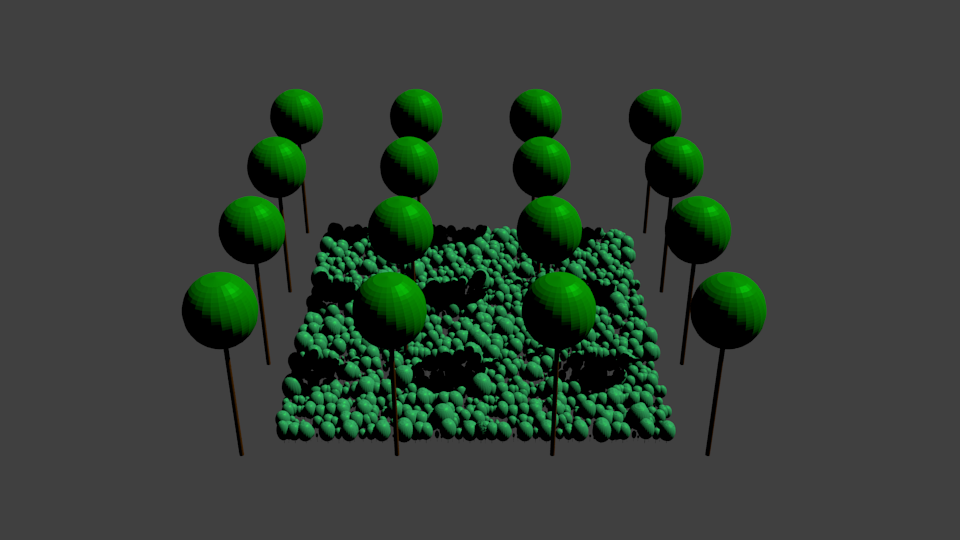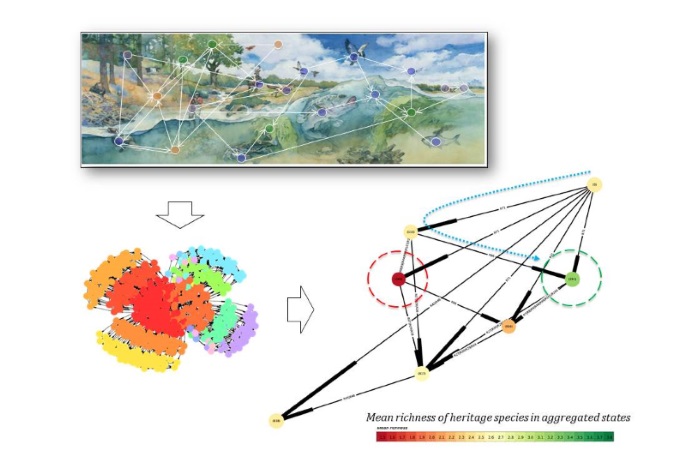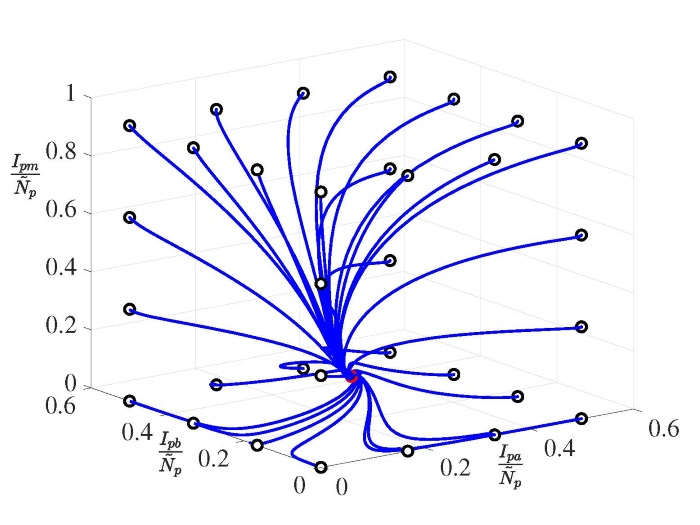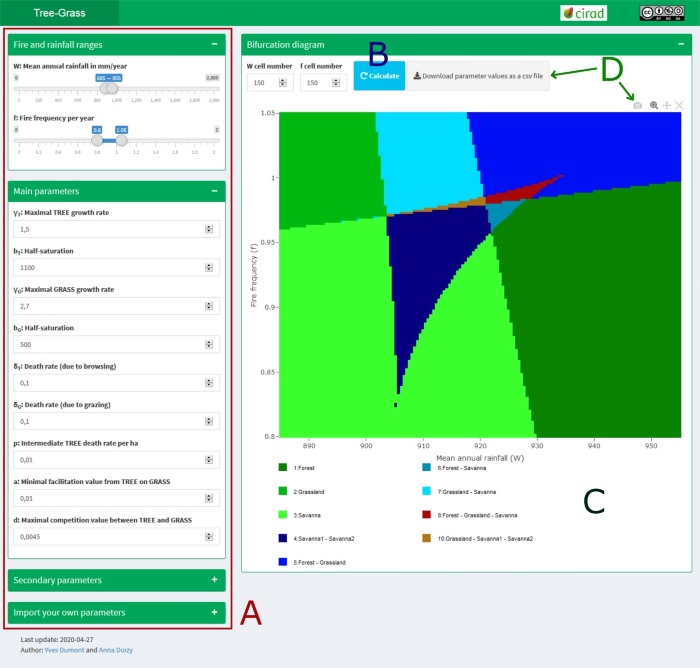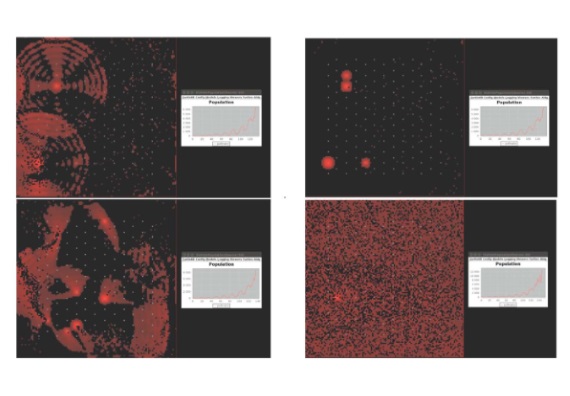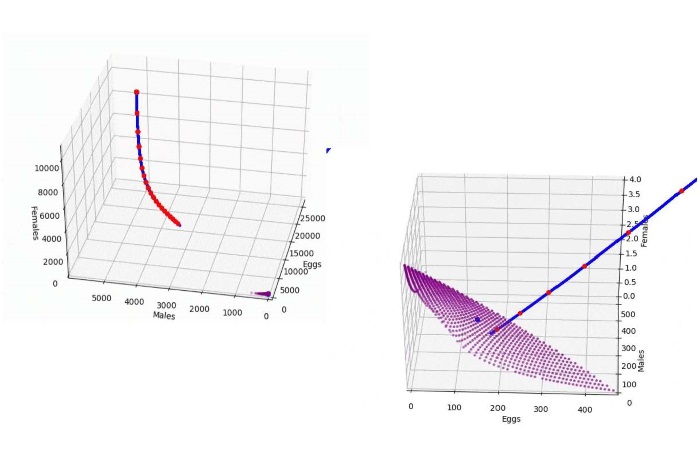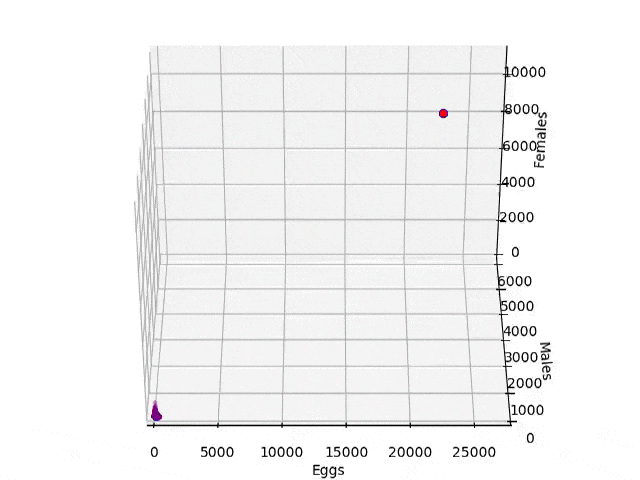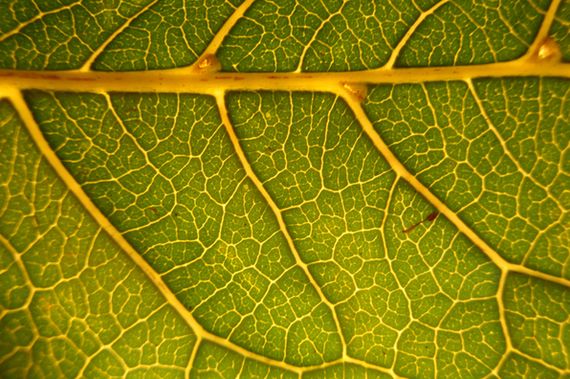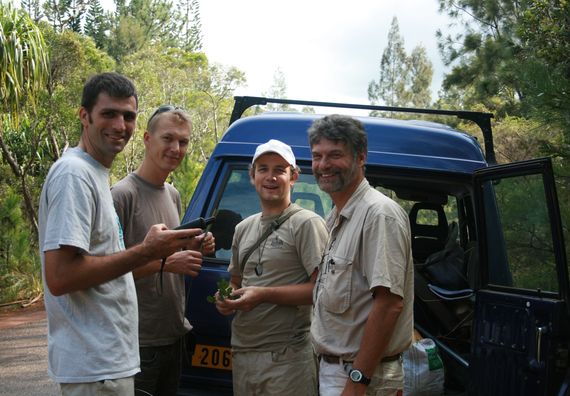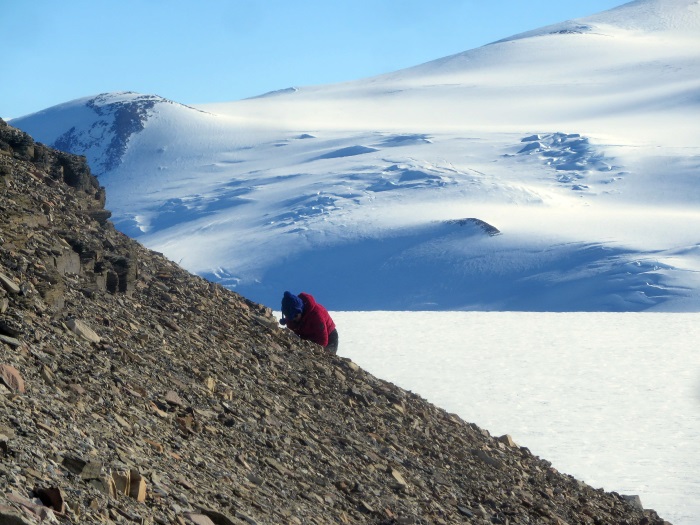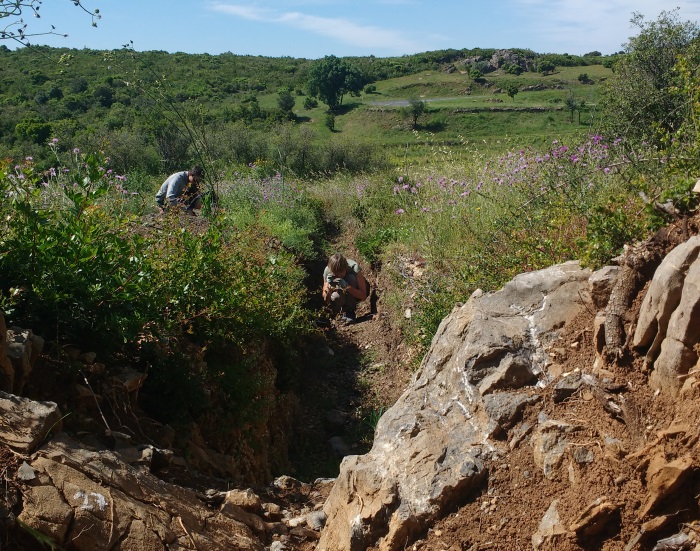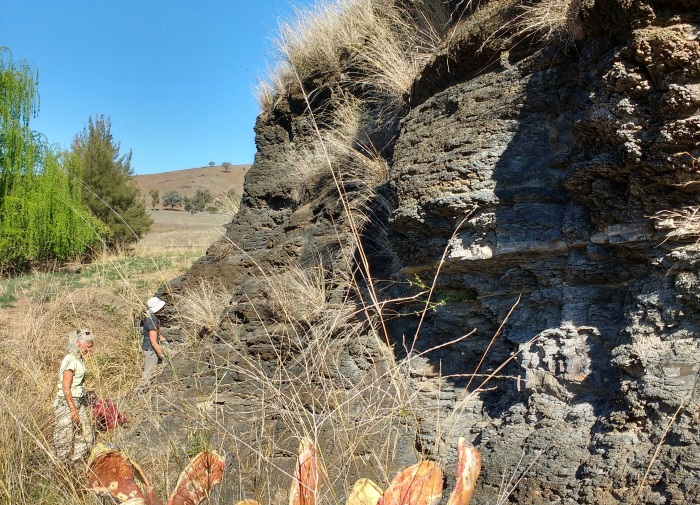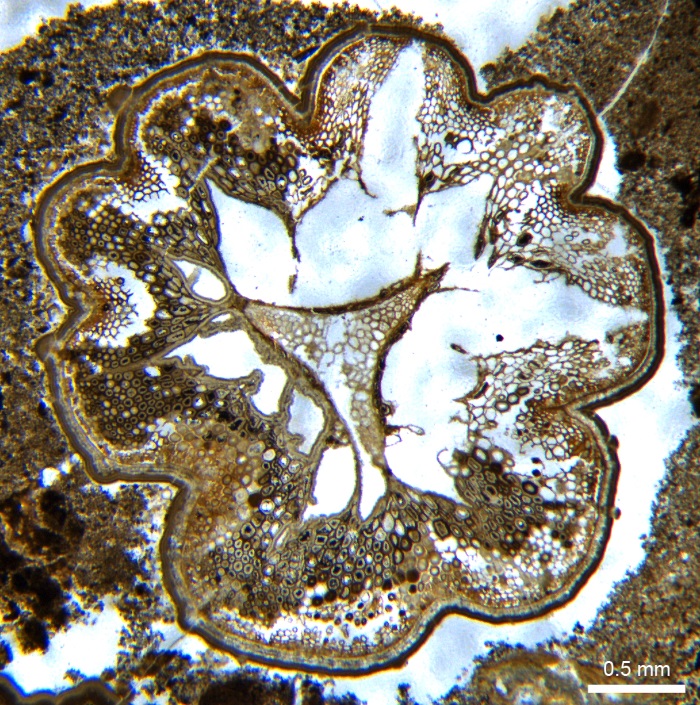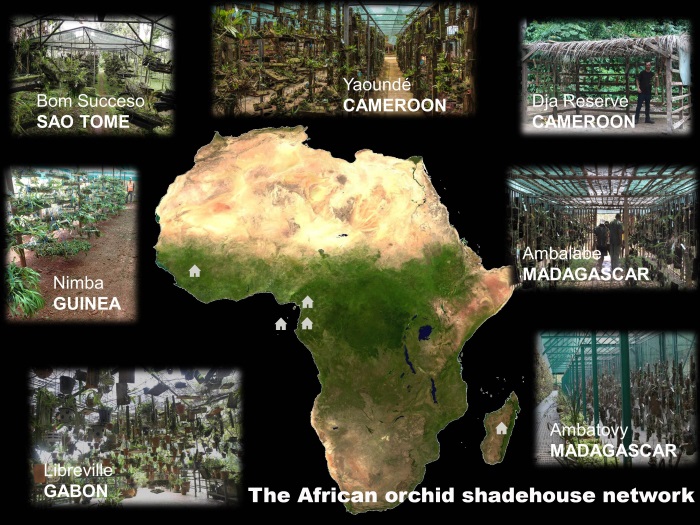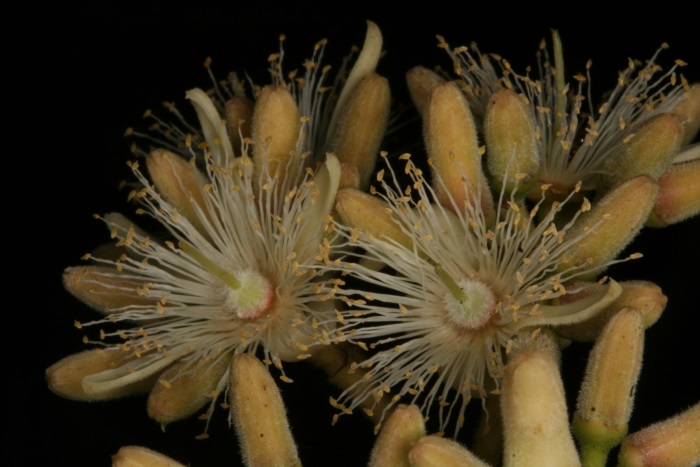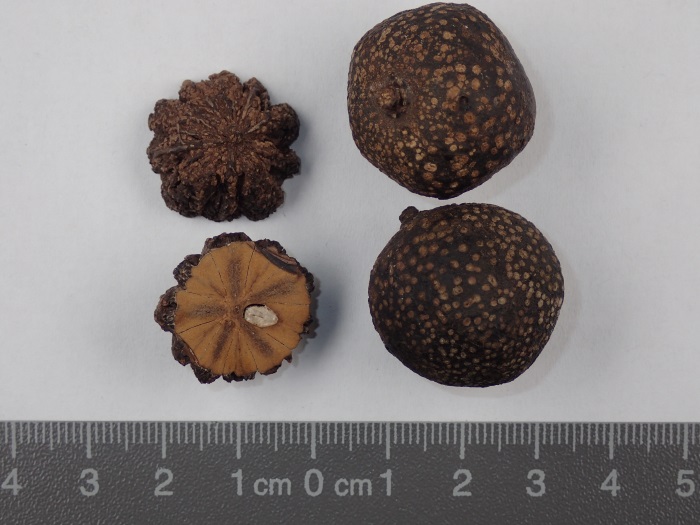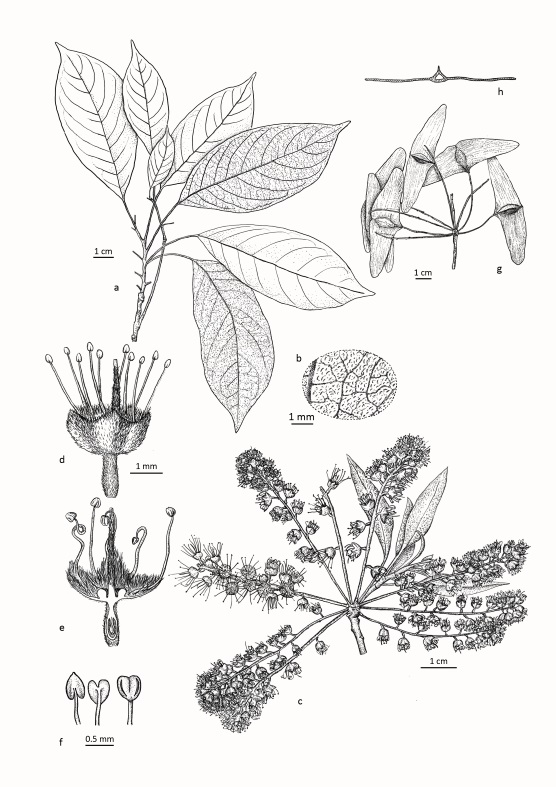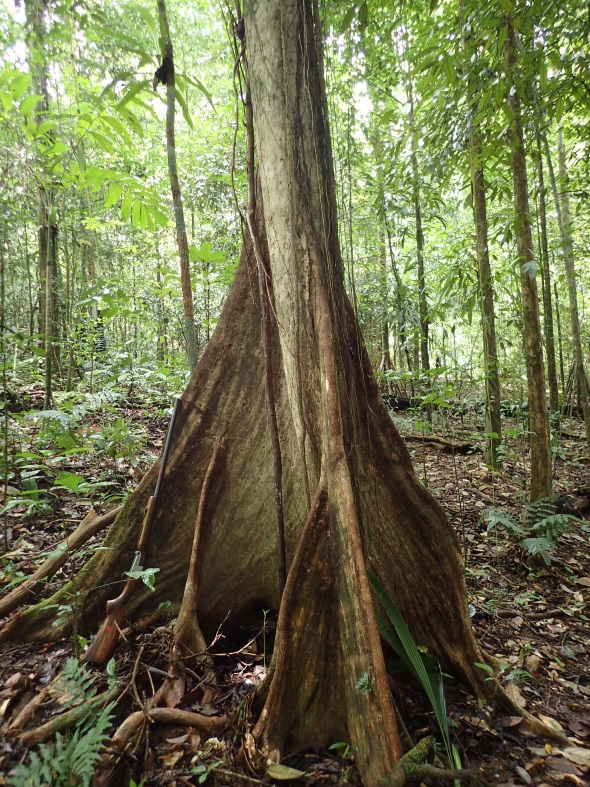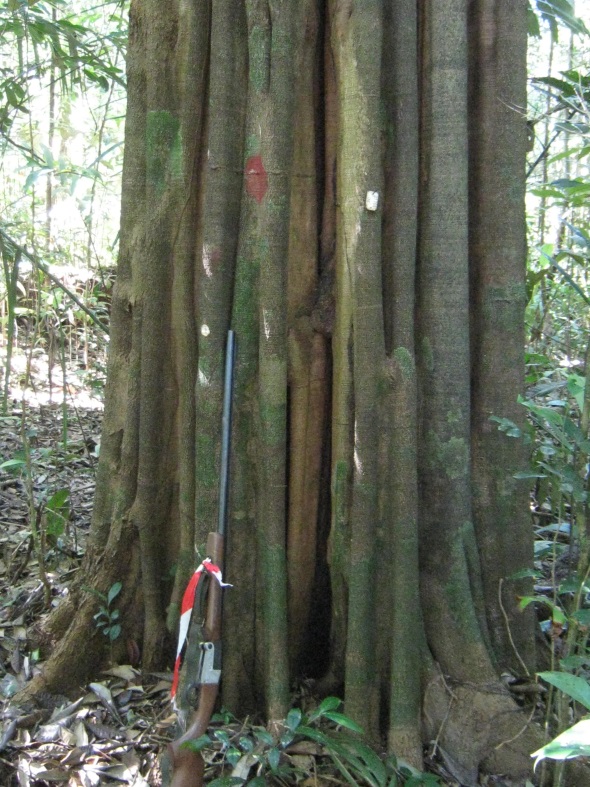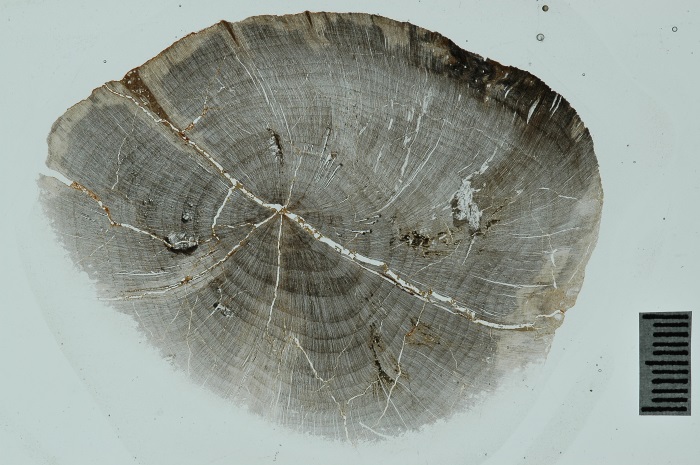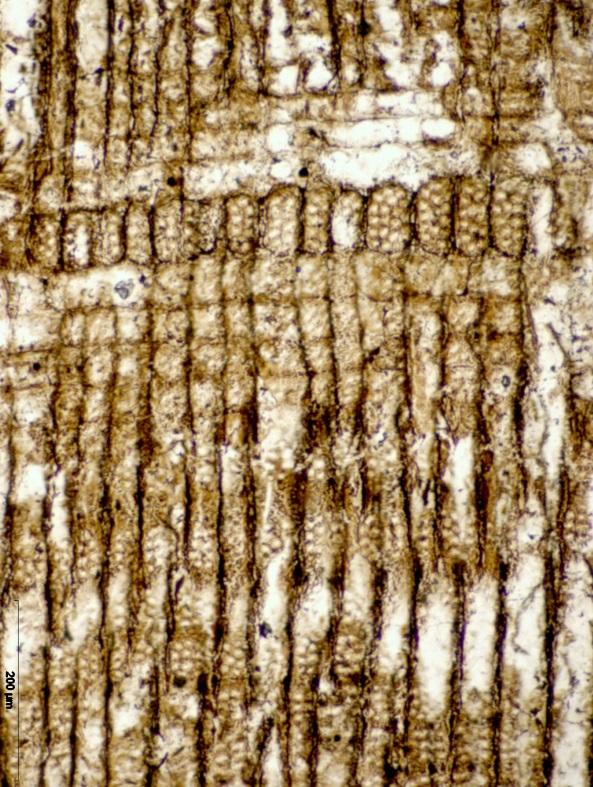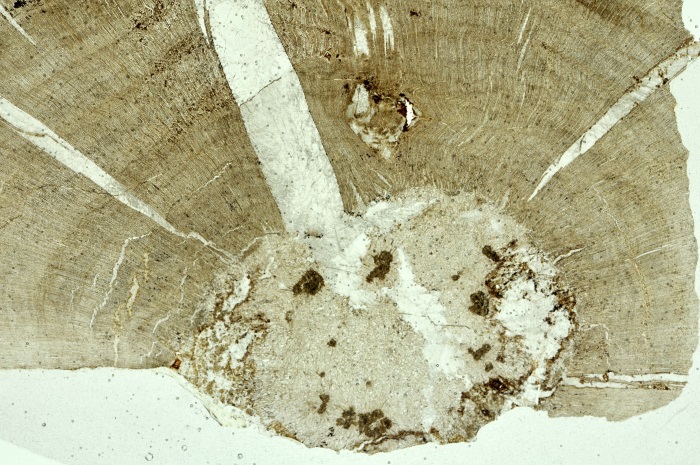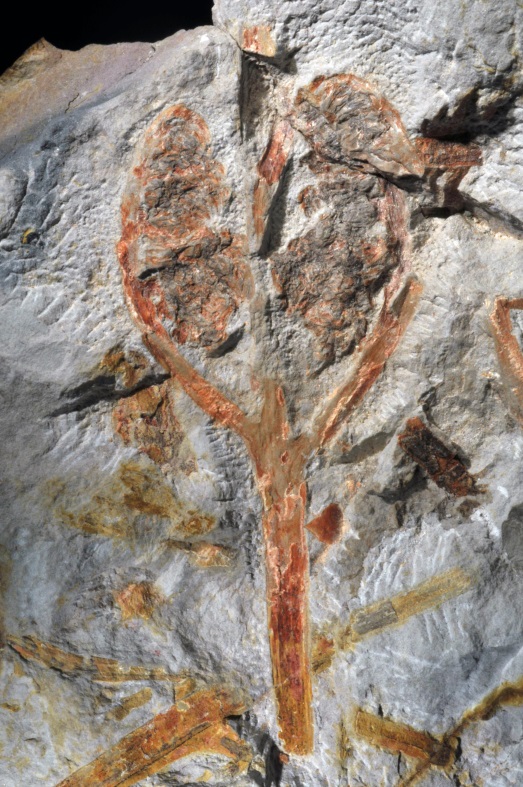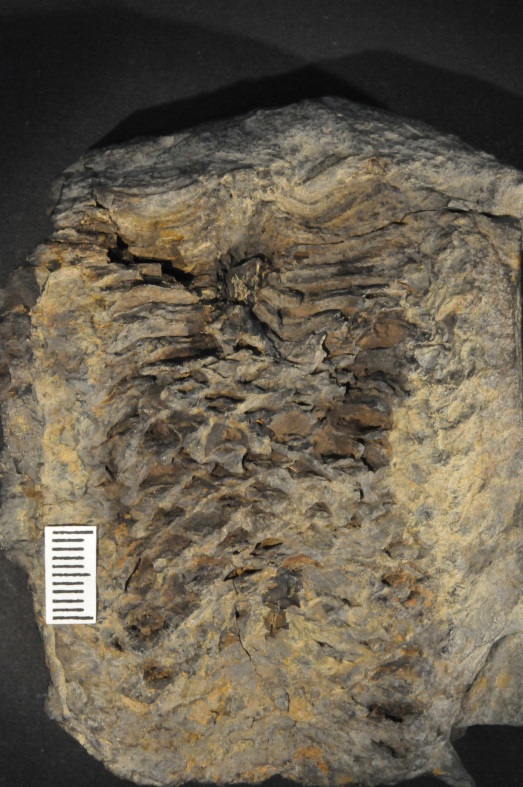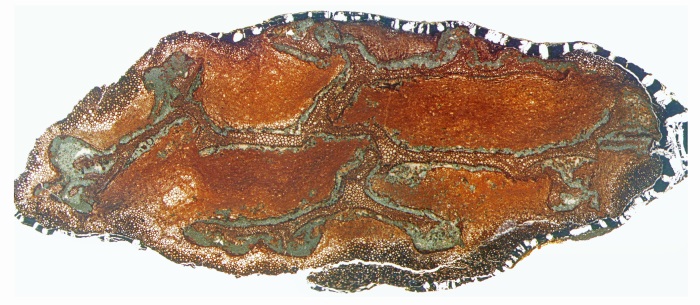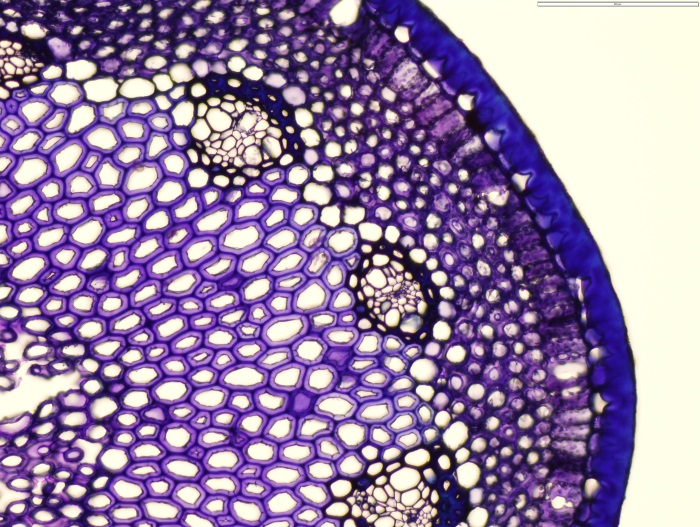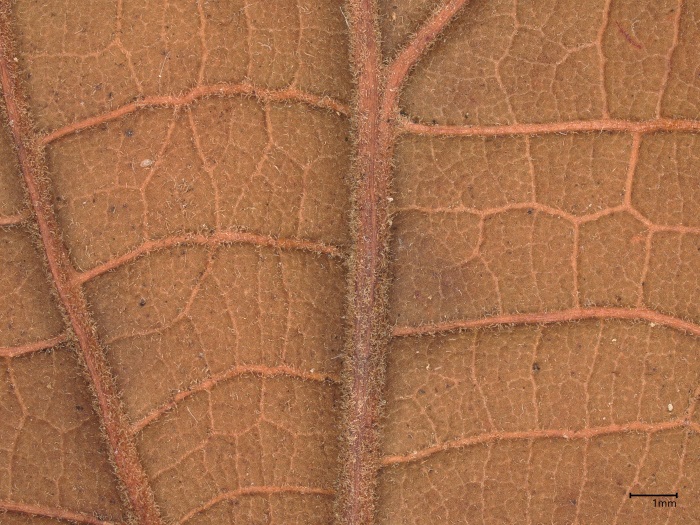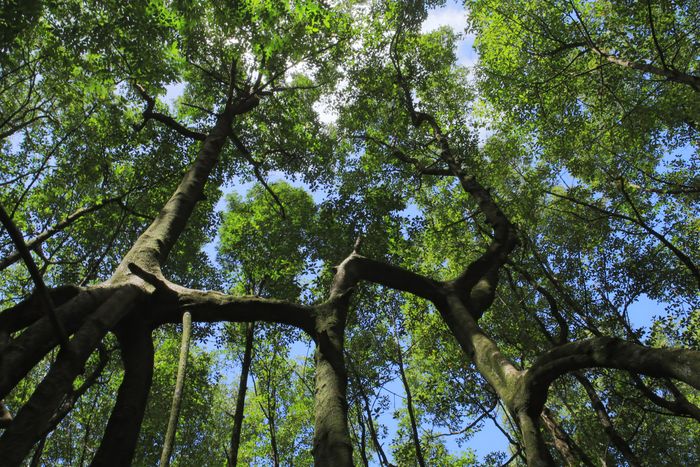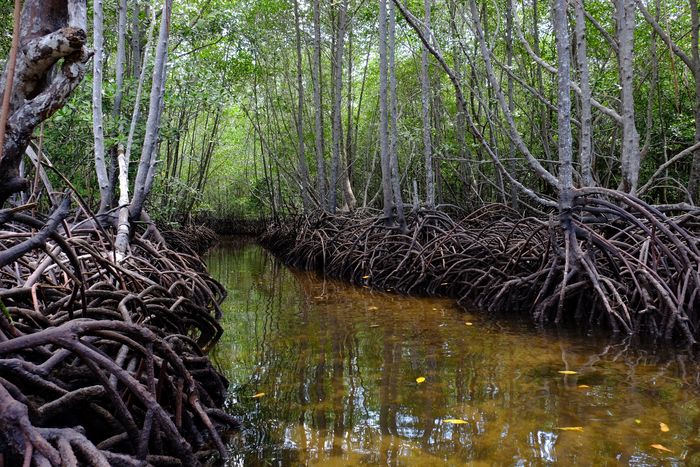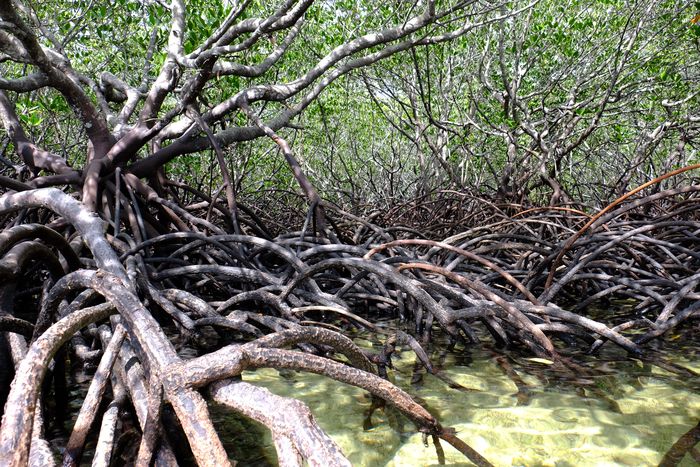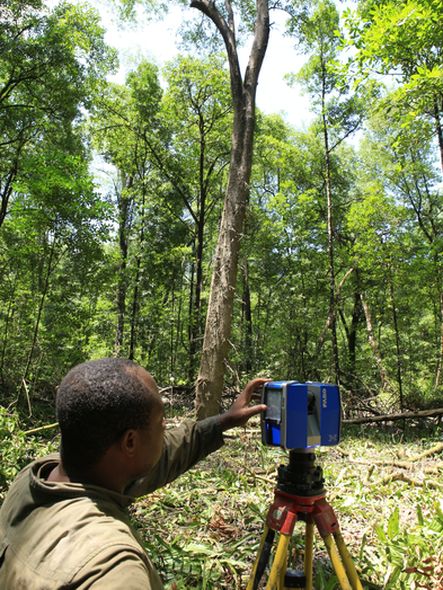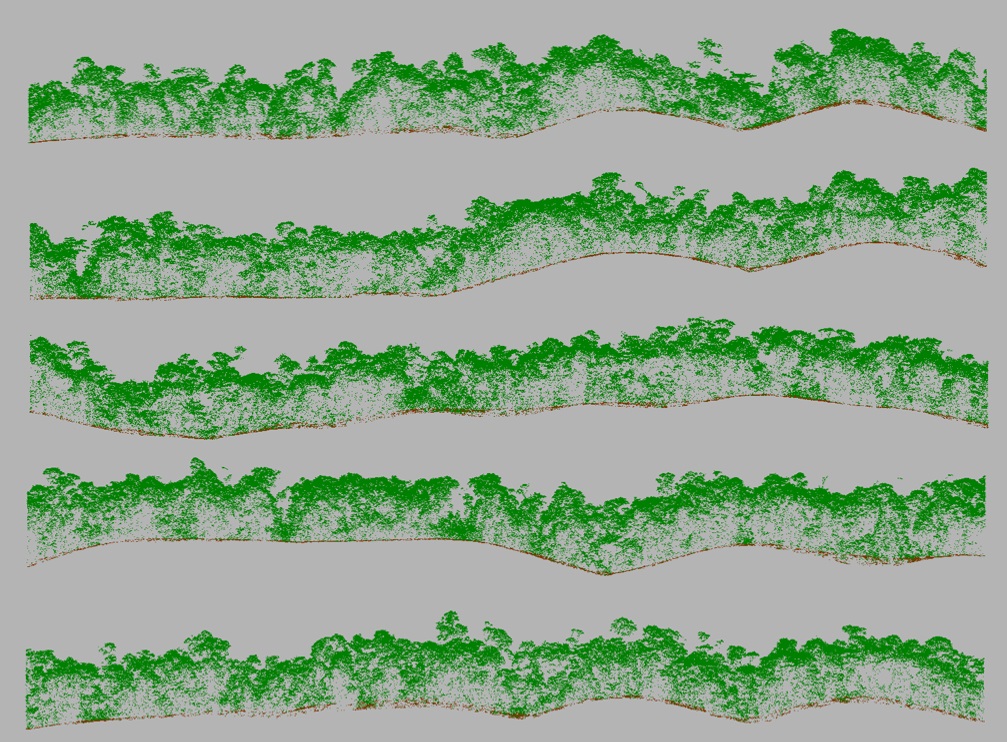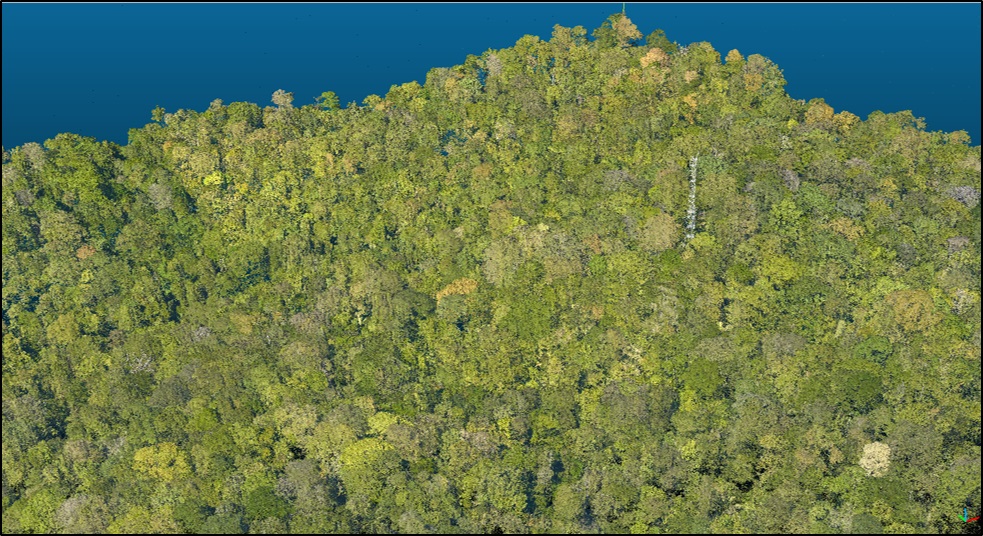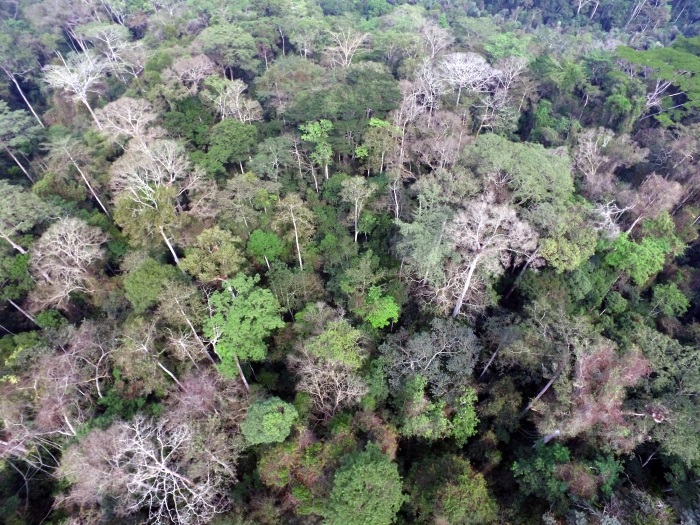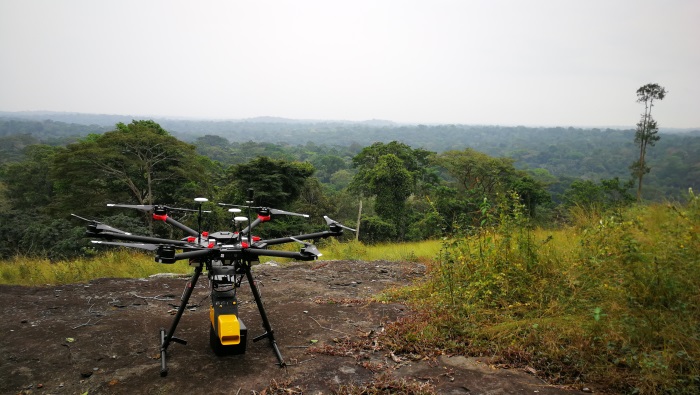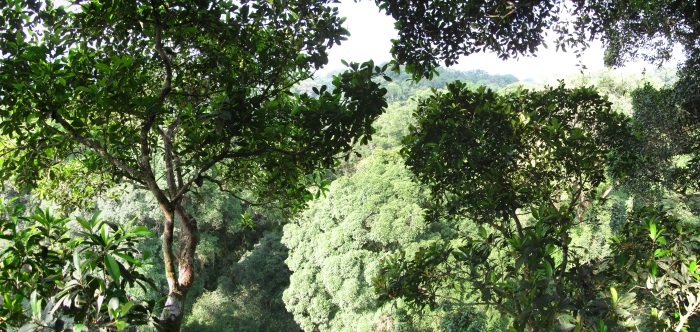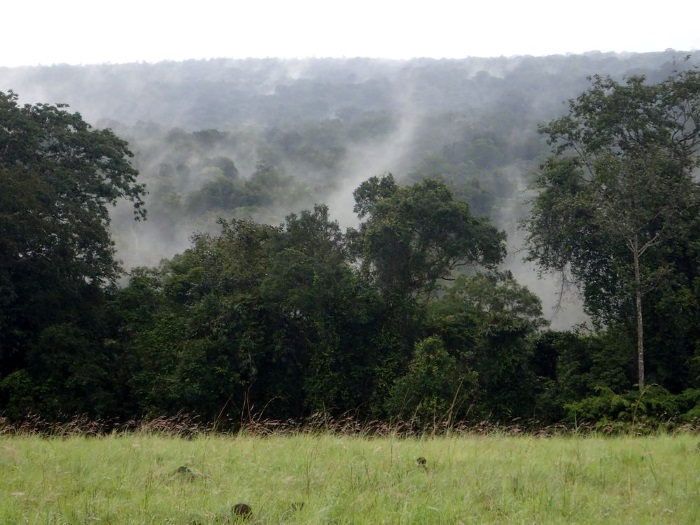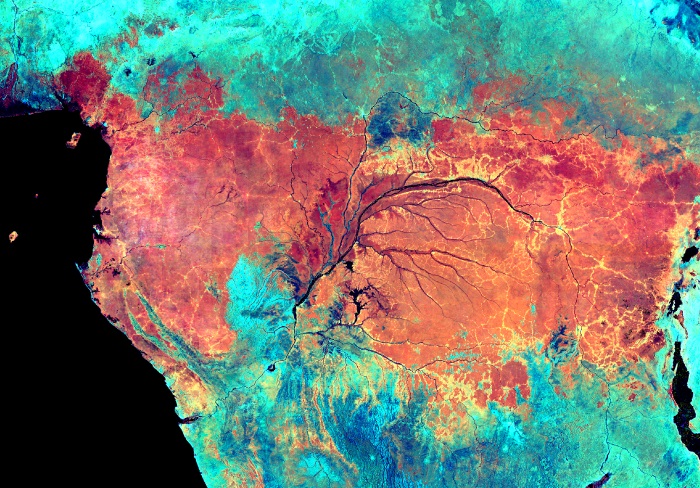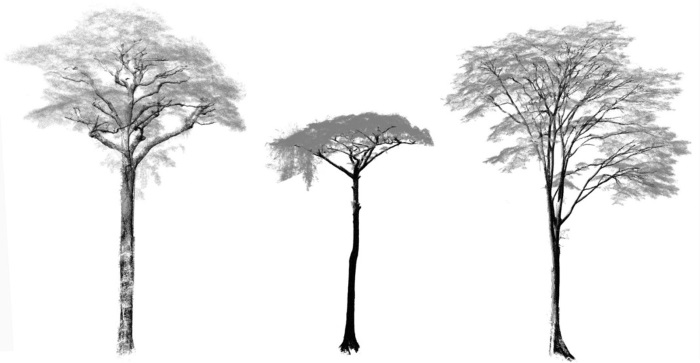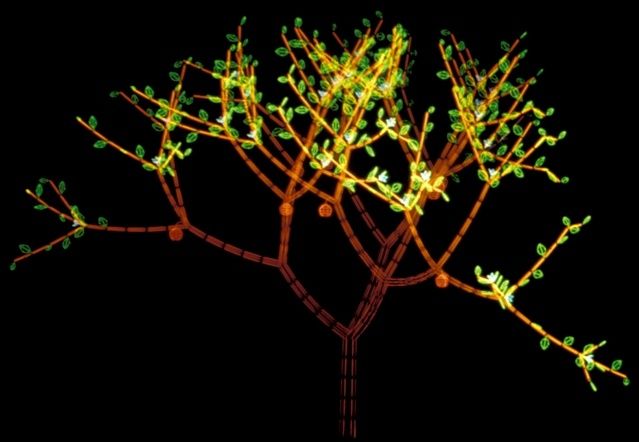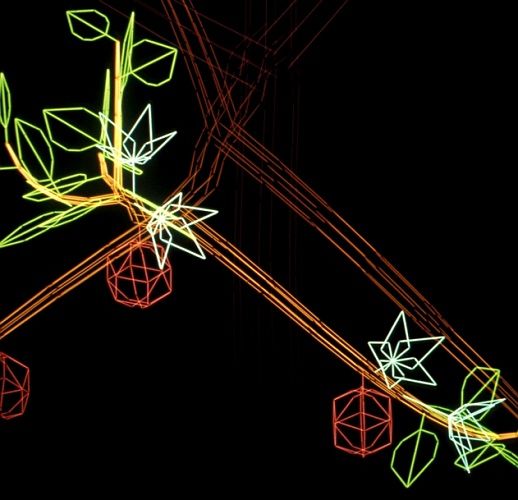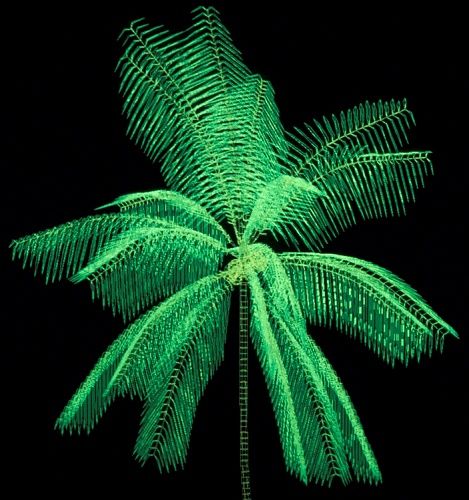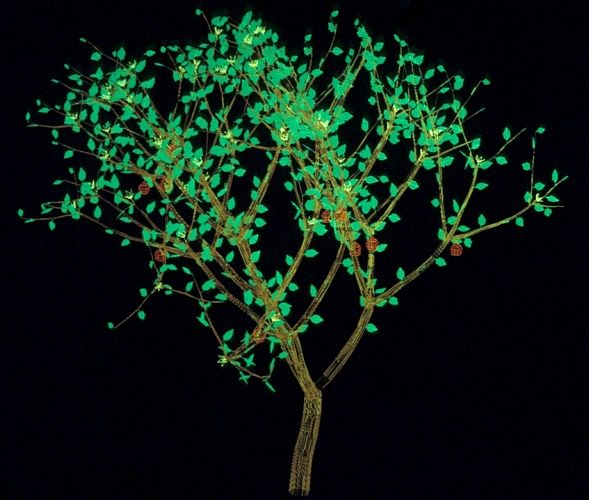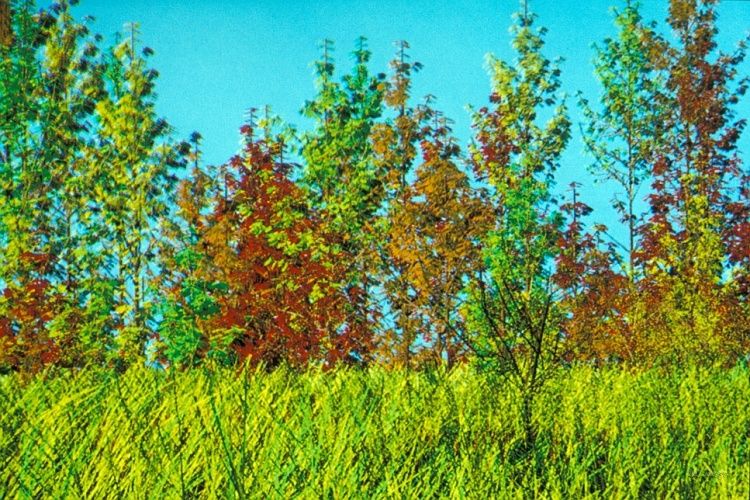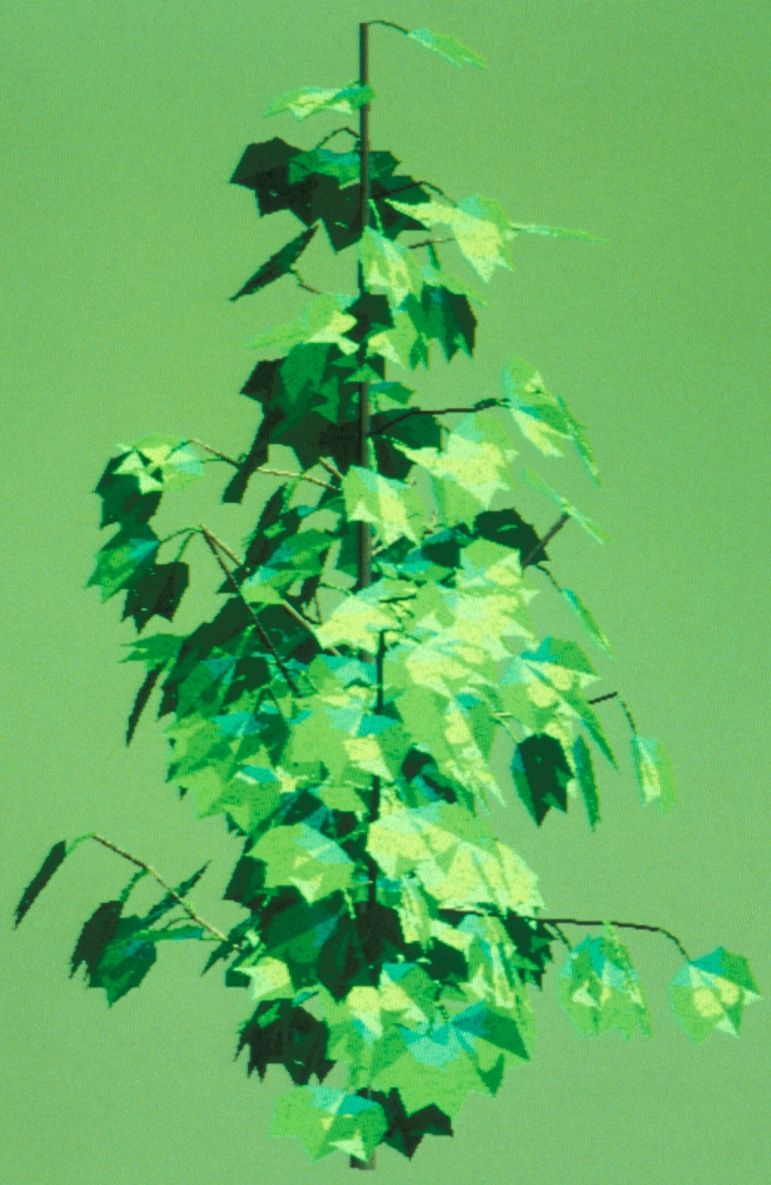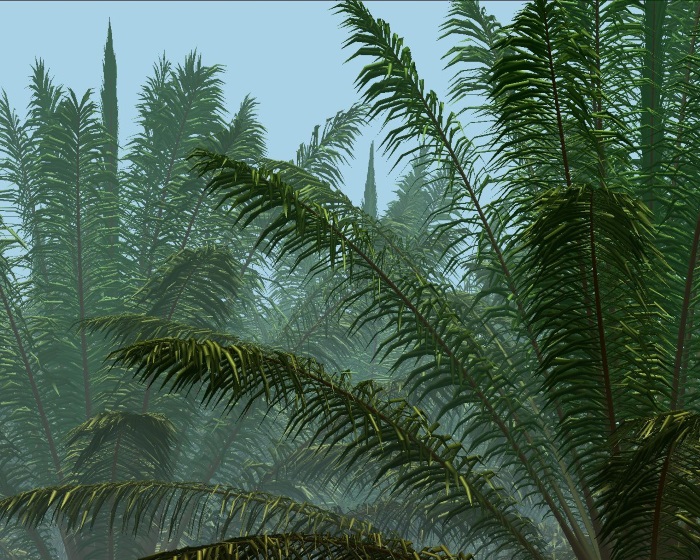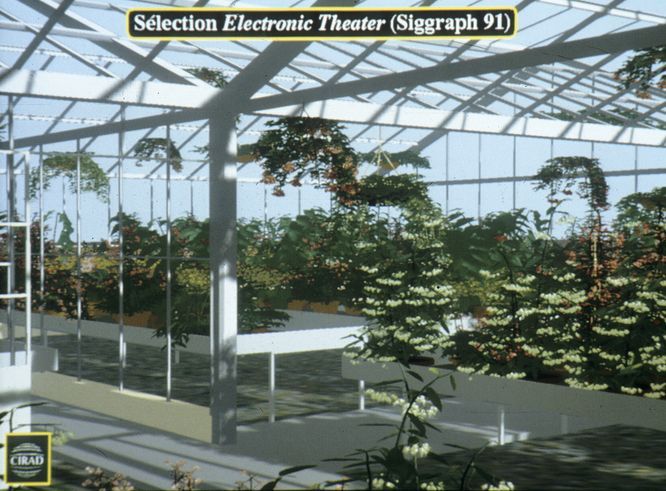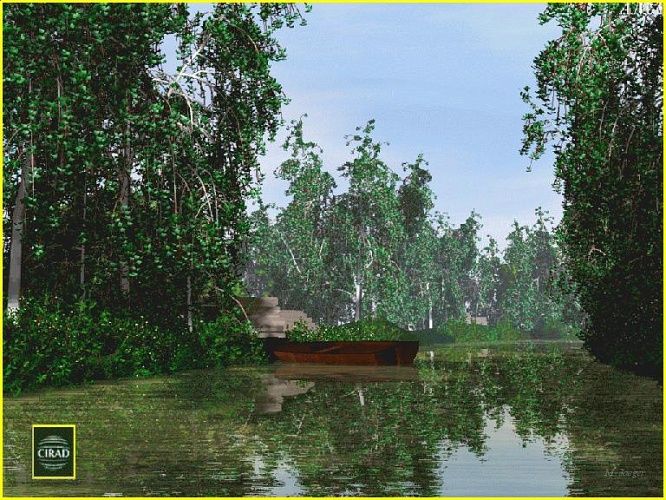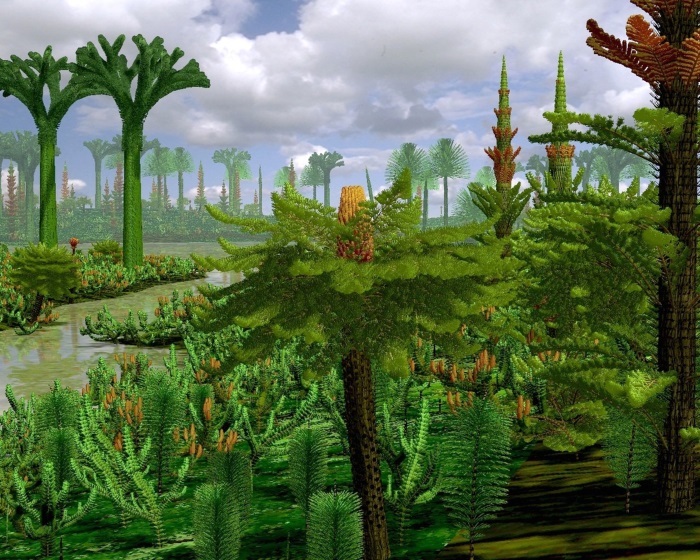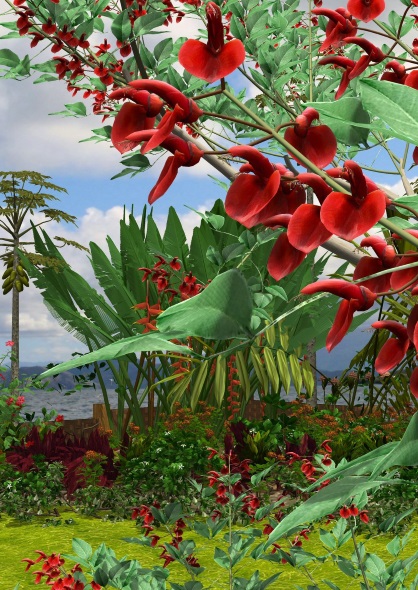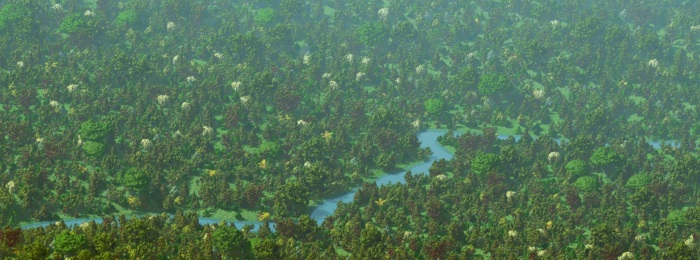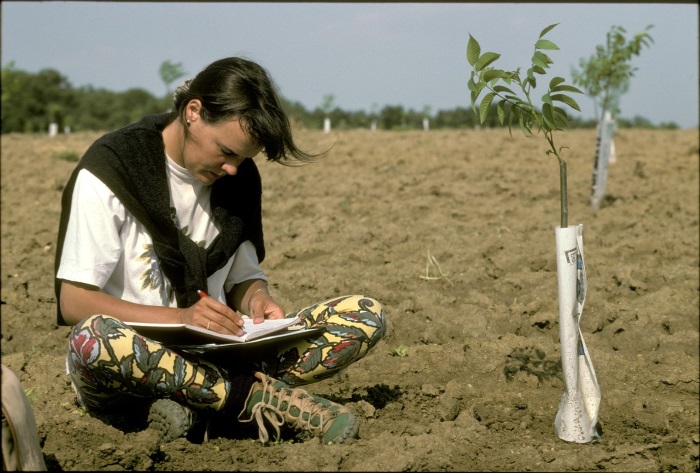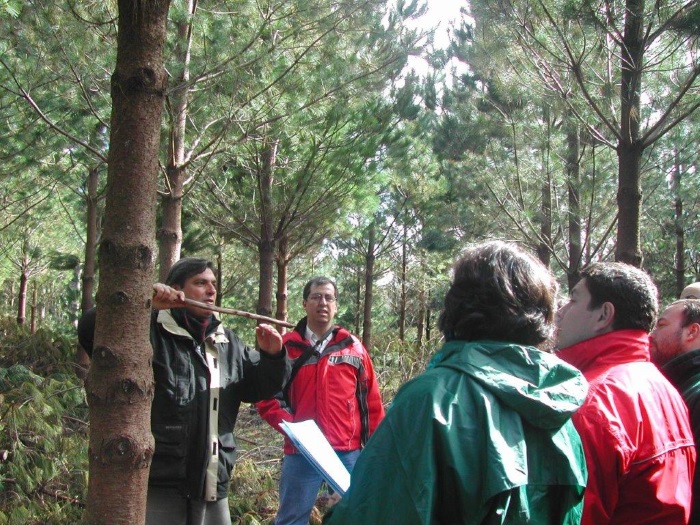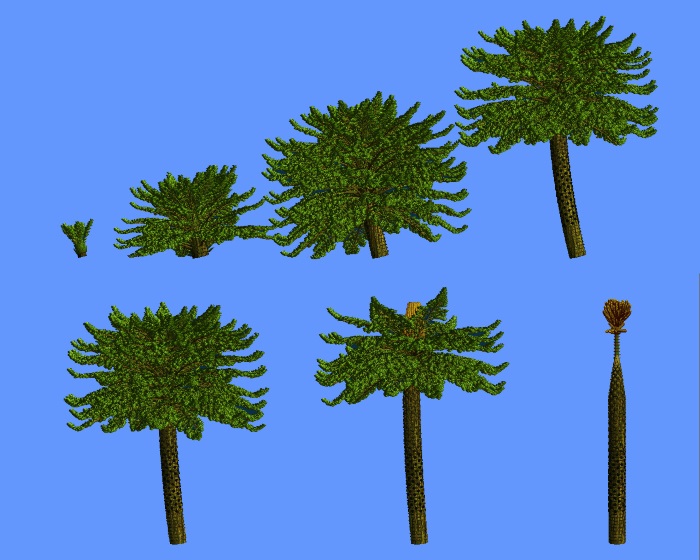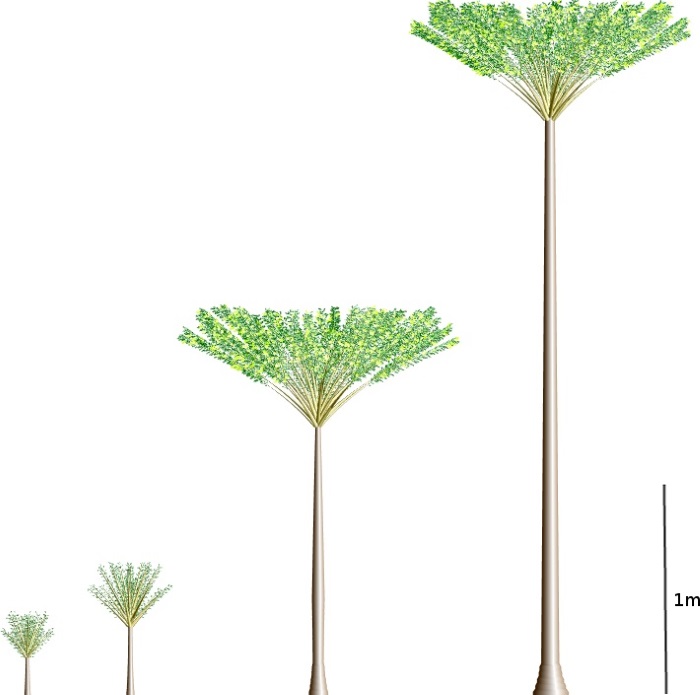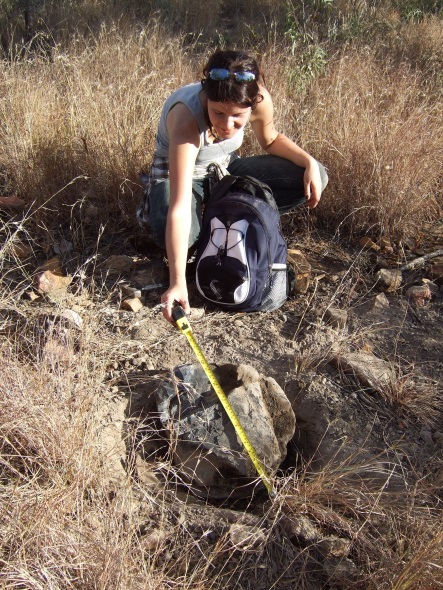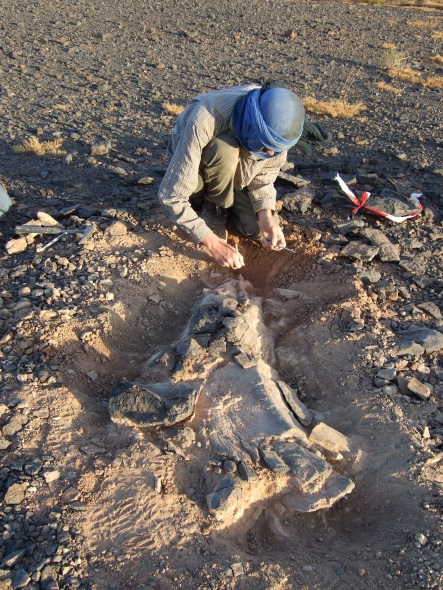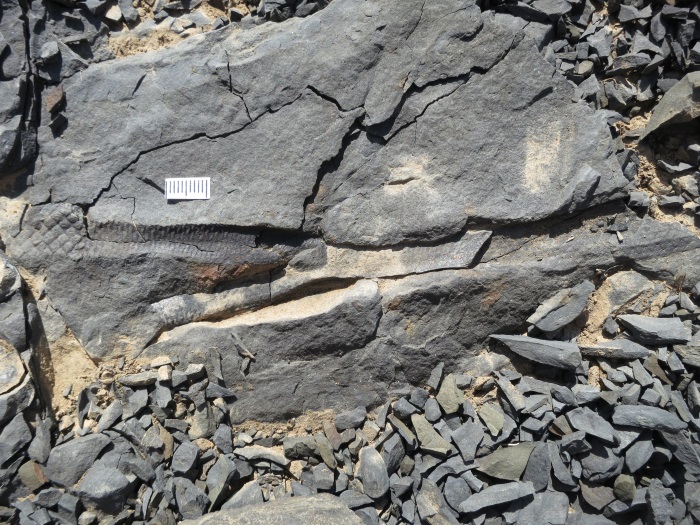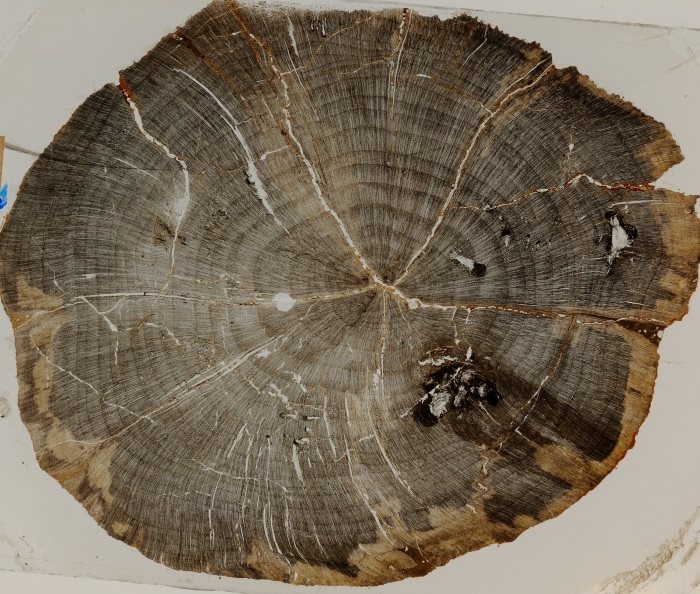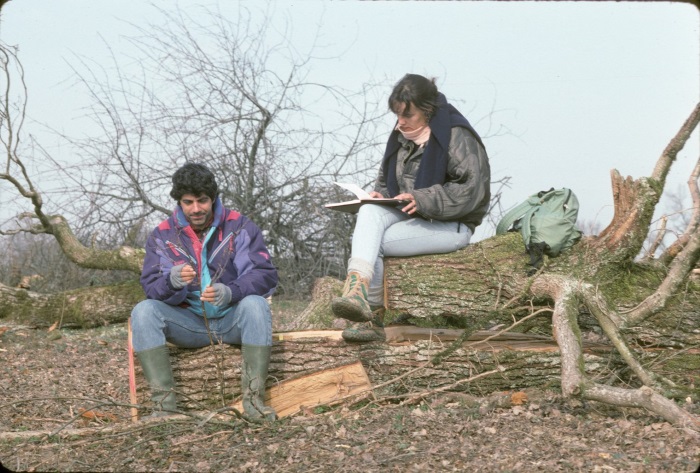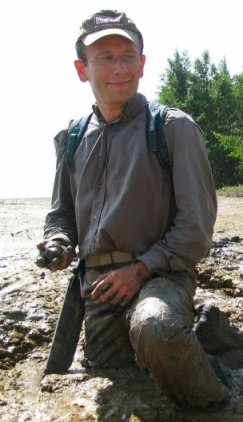EASE - Applied ecology and ecosystem services
Keywords
To understand, anticipate and assess the impacts of global changes on the ecosystem services provided by human-made or natural ecosystems in order to enable their sustainable and multi-functional management. Reflect on the clusters of such services (where they are numerous and interdependent), study them as such and question their conceptual relevance.
To meet this challenge, it is essential to work in an interdisciplinary way, in order to understand not only the dynamics of each function/service, but also their interactions. We are particularly interested in: (i) the characterisation of mechanisms and patterns (state, value and vulnerability of Ecosystem services) at different spatiotemporal scales and their relationships (conflicts and synergies); (ii) the assessment of the impact of changes and the response of ecosystem services in order to evaluate the optimal state of the multifunctionality of ecosystems and identify levers for action (e.g. vegetation management scenario); (ii) the development of concepts and tools adapted to the sustainable management of ecosystem services, especially when they are numerous and interdependent (often referred to as conflicts and/or synergies).
The main worksites are located in the south of France (road embankments; Camargue), in French Guiana (tropical forest), Central Africa and Mexico (underground services), and in central and southern China (restoration). Our work is based on: in situ measurements and observations of functional services/traits (morphology, anatomy, biomechanics and biochemistry); modelling and simulation of networked ecosystem processes (Capsis platform, DORIAN Ecoservet model); experimentation on biotic and abiotic processes (under controlled conditions in greenhouses, rain simulation, marking with stable isotopes, etc.).
| Acronym | Title | Duration |
|---|---|---|
| CORMIER3R-II | Convergence Cormier - Réseau, Ressources et Résilience d'un arbre oublié au service de la transition agro-écologique Project PI: Marilyne LAURANS | 2023 - 2026 |
| eco2adapt | Ecosystem-based Adaptation and Changemaking to Shape, Protect and Maintain the Resilience of Tomorrow’s Forests Project PI: Alexia STOKES | 2023 - 2027 |
| EVOLUM | Evolution des représentations et Perception du changement des Mangroves Project PI: Corinne PARDO (ECCOREV) | 2022 - 2024 |
| FLORAPYR 3D | Coopérer pour surveiller et conserver la flore pyrénéenne Project PI: Yann HELARY (CBNPMP) | 2024 - 2027 |
| FRANCO | Coastal blue carbon ecosystems from space Project PI: Aurélie DEHOUCK (i-SEA) | 2024 - 2026 |
| MAGELLAN | Mangrove Living Lab in French Guiana Project PI: Christophe PROISY | 2023 - 2027 |
| OYAMANG | CARTOGRAPHIE DES MANGROVES DANS LE BAS OYAPOCK Project PI: Christophe PROISY | 2022 - 2024 |
| TROPECOS | Bilans de carbone des écosystèmes côtiers tropicaux dans l’Anthropocène Project PI: Gwenaël ABRIL (CNRS) | 2023 - 2027 |
AUGUSSEAU Paul Emile 2021 - 2024. Analyse des fluctuations du trait de côte mer-mangrove pour des bilans de vulnérabilité côtière et de séquestration du carbone. Approche par modélisation multi-échelle et pluri-décennale de l’influence des processus hydro-sédimentaires et climatiques en G. Ecole doctorale : Ecole doctorale de Guyane / Université de Guyane. Dir : PROISY Christophe / Co-dir. : GARDEL Antoine
AYDOGDU Ahmet 2023 - 2026. INTERACTION ENTRE LE SOL ET LES RACINES ET IMPACT SUR LE STOCK DE CARBONE DU SOL. Ecole doctorale : GAIA / Université de Montpellier. Dir : STOKES Alexia / Co-dir. : MAO Zhun
BIVAUD Lucie 2023 - 2026. Le réchauffement climatique souffle-t-il le chaud ou le froid sur les plantes de haute montagne ? Réduction du couvert neigeux, plantes nurses, et adaptations au froid en latitudes tempérées et tropicales. Ecole doctorale : GAIA / Université de Montpellier. Dir : ANTHELME Fabien
COLLET Médie 2023 - 2026. Dynamiques spatiales et temporelles des communautés de moustiques et de Culicoïdes des mangroves de Guyane et liens avec les facteurs abiotiques et biotiques. Ecole doctorale : Université de Guyane / Université de Guyane. Dir : PROISY Christophe
MEZERETTE Florian 2023 - 2025. Modélisation de l’évolution du carbone du sol dans les écosystèmes forestiers tempérés. Ecole doctorale : SIReNa - Sciences et Ingénierie des Ressources Naturelles / Université de Lorraine. Dir : SAINT-ANDRE Laurent / Co-dir. : DERRIEN Delphine
STAQUET Adrien 2023 - 2026. Etudier la dynamique des écosystèmes côtiers en lien avec les enjeux socio-environnementaux. Ecole doctorale : GAIA / Université de Montpellier. Dir : PROISY Christophe
- BERTRAND Isabelle (INRAE-Eco&Sols, Montpellier) - https://www.umr-ecosols.fr/en/eco-sols/annuaire/fiches-annuaire/126-bertrand-isabelle
- DERRIEN Delphine (INRAE-BEF, Chempenoux) - https://www6.nancy.inrae.fr/bef/Publications/Delphine-DERRIEN
- FROMIN Nathalie (CNRS-CEFE, Montpellier) - https://www.cefe.cnrs.fr/fr/recherche/ef/bioflux/853-c/442-nathalie-fromin
- FORT Florian (SupAgro-CEFE, Montpellier) - https://www.cefe.cnrs.fr/fr/recherche/ef/ecopar/1056-ec/2800-florian-fort
- CARDINAEL Rémi (CIRAD-AIDA, Montpellier) - https://scholar.google.fr/citations?user=45cpQoIAAAAJ&hl=fr
- MAILLARD Pascale (INRAE-EEF, Champenoux) - https://www6.nancy.inrae.fr/eef/Recherche/Fonctionnement-Integre-de-l-Arbre-et-de-l-Ecosysteme/Personnels
- MILCU Alex (CNRS-Ecotron, Montpellier) - https://www.cefe.cnrs.fr/fr/recherche/ef/bioflux/853-c/2794-alexandru-milcu
- PLASSARD Claude (INRA-Eco&Sols, Montpellier) - https://www.researchgate.net/profile/Claude-Plassard
- POMMEREAU Franck (Univ. d’Ivry, Paris) - https://www.ibisc.univ-evry.fr/~fpommereau/
- ROUMET Catherine (CNRS-CEFE, Montpellier) - https://www.cefe.cnrs.fr/fr/recherche/ef/ecopar/833-c/201-catherine-roumet
- SAINT-ANDRÉ Laurent (INRAE-BEF, Chempenoux) - https://www6.nancy.inrae.fr/bef/Publications/Laurent-SAINT-ANDRE
South America
- ANGELES Guillermo (INECOL, Mexico) - https://www.inecol.mx/personal/index.php/funcional/78-guillermo-angeles-alvarez
- PEYRE Gwendolyn, Universidad de los Andes (Bogota, Columbia) - https://www.researchgate.net/profile/Gwendolyn-Peyre
- SIERON Katrin (University of Veracruz, Mexico) - https://scholar.google.com.mx/citations?user=uls4gYEAAAAJ&hl=es
Asia
- The Joint Graduate School of Energy and Environment (JGSEE) and Center of Excellence on Energy Technology and Environment, KMUTT, Bangkok, Thailand. - http://asiaflux.net/index.php?page_id=46
- Soils and Fertilizers Research Institute (SFRI) - https://en.sfri.org.vn/
- University of Science and Technology of Hanoi, Vietnam - https://www.usth.edu.vn/en/
- JI Jinnan (Beijing Forestry Univ., Beijing, China) - https://www.researchgate.net/profile/Jinnan_Ji
- LIU Hongxi (Beijing Normal Univ., Zhuhai, China) - https://www.researchgate.net/profile/Jinnan_Ji
- MA Jing (China Univ. of Mining & Tech., Xuzhou, China) - http://lcei.cumt.edu.cn/eng/d7/ef/c6256a317423/page.psp
- XIA Shangwen (XTBG-CAS, Mengla, China) - https://www.researchgate.net/profile/Xia_Shangwen2
- ZUO Juan (WBG-CAS, Wuhan, China) - https://www.researchgate.net/profile/Juan_Zuo
Europe
- RUSSO Giacomo - University of Naples, Italy - https://www.researchgate.net/profile/Giacomo_Russo2
